Annual report
Matís 2022
Innovation and added value
in food production all over the country
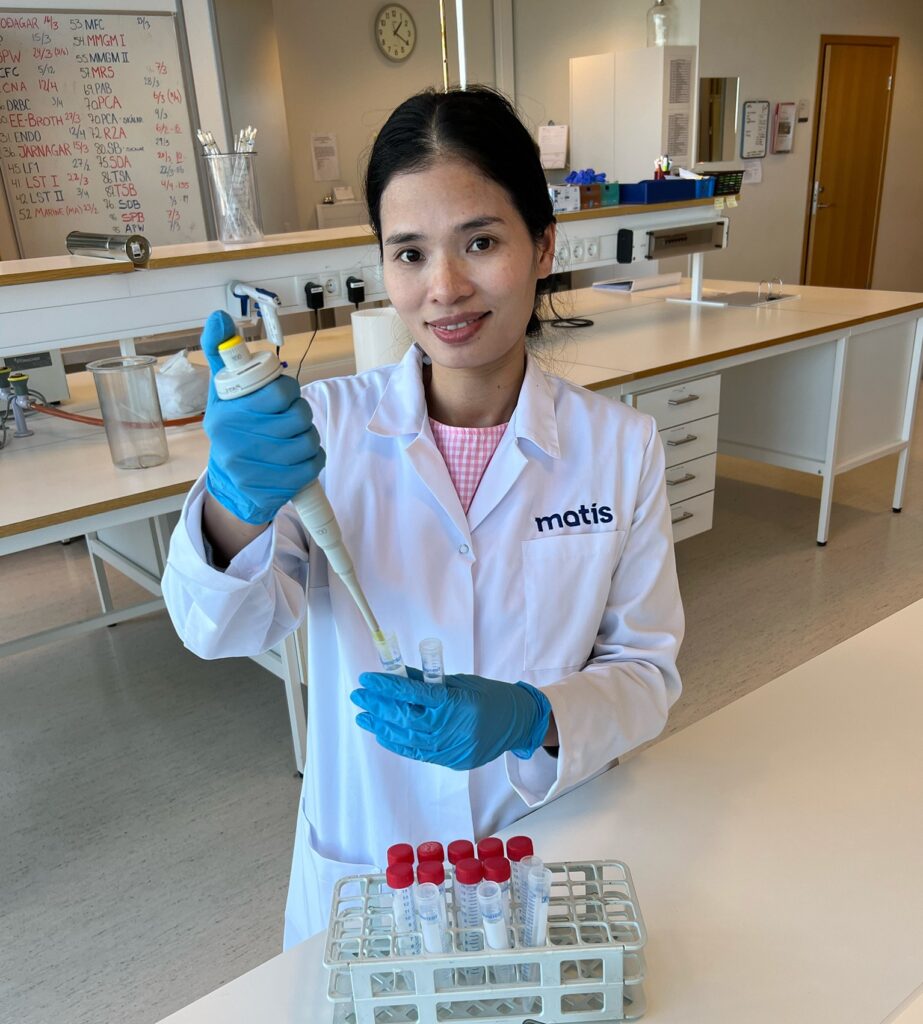
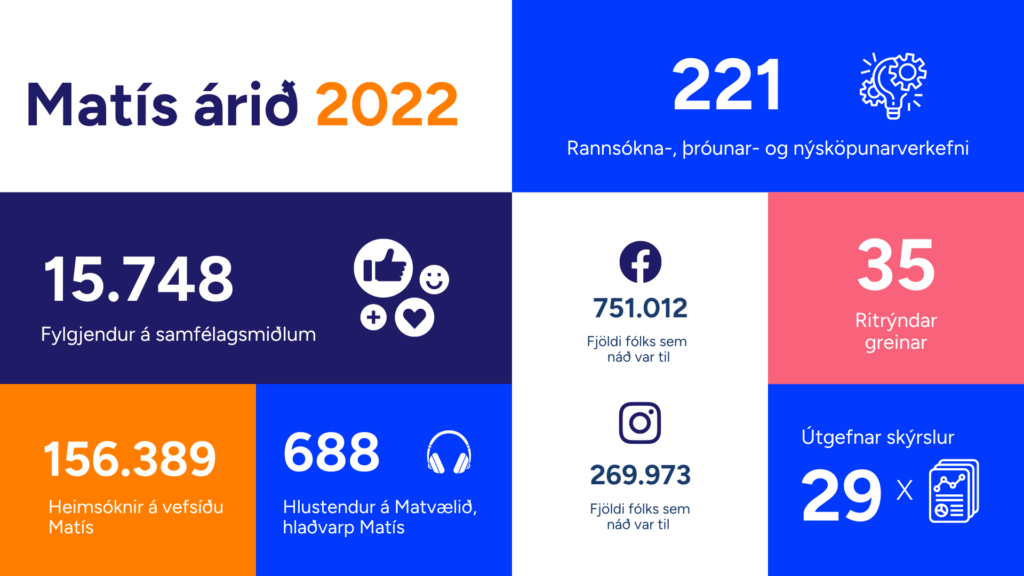
Table of contents
- Addresses by the Chairman of the Board and the CEO
- Matís' policy and vision
- Matís project and UN global goals
- Food Research
- Extensive collaboration
- Advisory services to the government and committee work
- Food security and priority services
- Matís all over the country
- Research collaboration with educational institutions
- Strategic planning
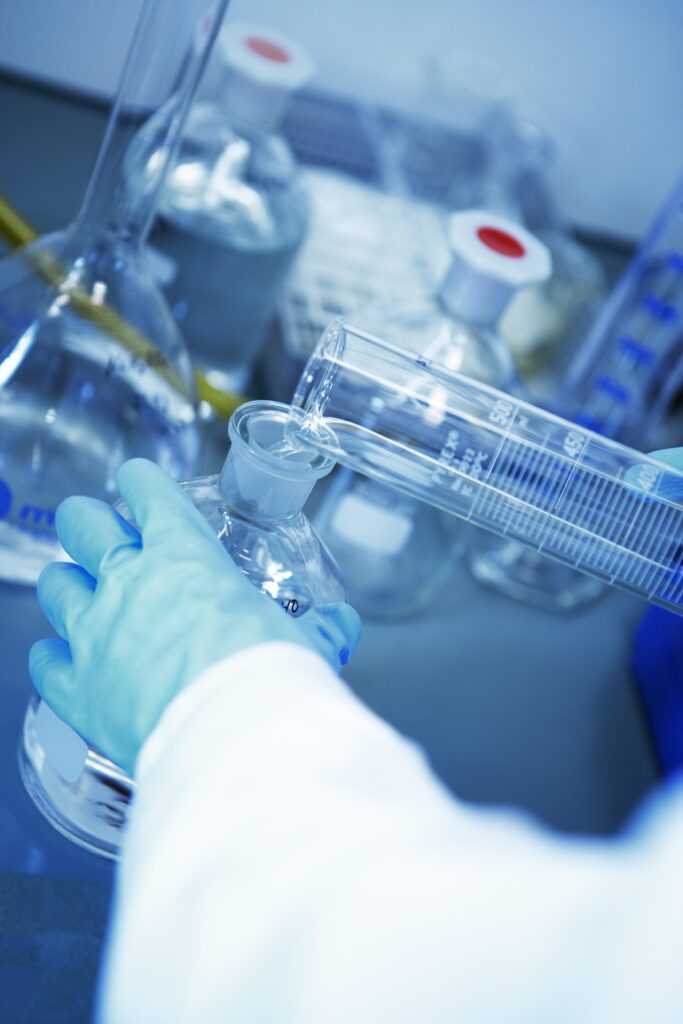
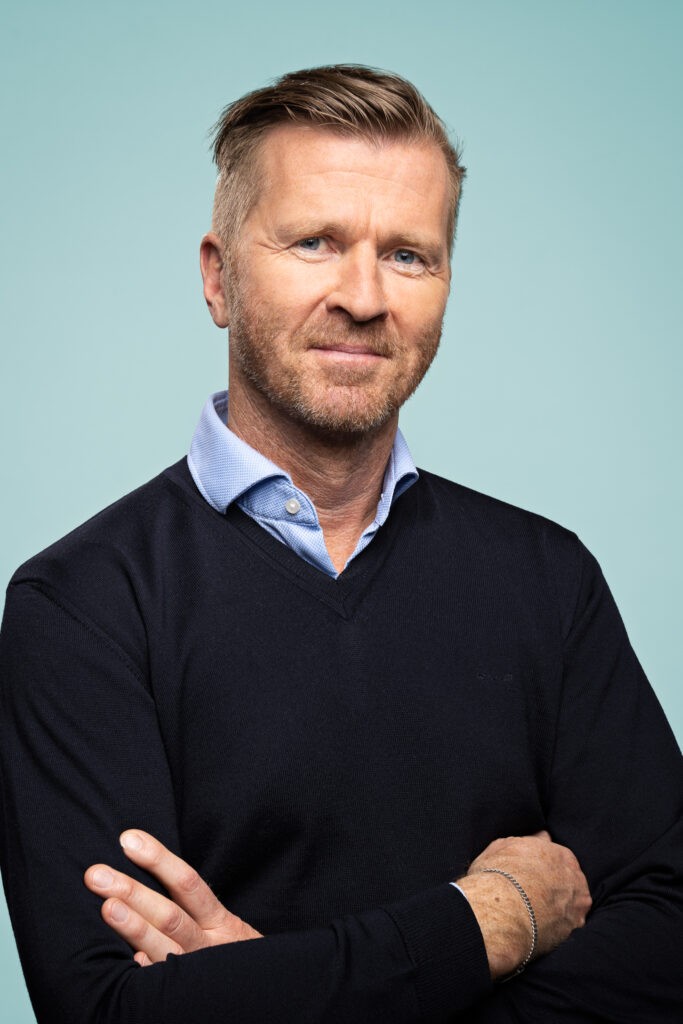
Social benefits of food research
Food research Matís and its predecessor have, in collaboration
with the business world, the university community and the government, increased
quality and contributed to a great increase in value in Icelandic
food production in recent decades. The closest is to
refer to the increase in value that has occurred
cod processing in Iceland. In 1981, the cod catch in Iceland was about 460 thousand tons and the value of the products about 460 million US dollars at current prices. The year 2021 was around
270 thousand tons, more than half of the catch in 1981, but
the value of the products is almost twice as much or 913 million US dollars. This enormous increase in value has been achieved through improved utilization of biological resources and raw materials, better cooling and production processes, packaging and transport. It is clear that the research of Matís and its predecessors have helped a lot in this successful journey. The social benefits of this work are unquestionable, not only in pure value creation, but have become
to invaluable knowledge in the field of food science in the country
along with valuable data sets about Icelandic ingredients and
food production.
Iceland should be in the forefront of countries in the sustainable production of high-quality food for the sea and the countryside.
Opportunities exist, for example, in continuing to work on development in the production and full utilization of agricultural products in a profitable way and increasing cooperation with economic partners to share forces in a powerful push for innovation, increased availability, shelf life and quality of products. Domestic renewable energy sources could also be used even better for cost-effective production and development of products in agriculture and aquaculture.
It is important to protect Icelandic interests and ensure
development of the food and biotechnology industry in Iceland, promote
research activities in this field, increase the value of raw material streams and promote sustainability and environmental friendliness
utilization of biological resources of the circular economy. Matís has
been at the forefront internationally in research and innovation
in this field and has played a leading role in this country
in meeting the opportunities and challenges associated with the predictable development of a circular economy.
Armed with knowledge, value can be maximized
and the efficiency of Icelandic food processing. Food research is a source of knowledge, and investment in such research has so far brought great value to society. Part of that value is the knowledge of Matís' staff, which is important to nurture and maintain. It is therefore important to support food research in Iceland and use it to strengthen our economy, public health and society as a whole.
On behalf of the company, I would like to thank the company's customers for their cooperation and the foresight involved in investing in the company's work.
On behalf of the board, I would like to thank the staff of Matís for their excellent work and unique contribution in the interest of food processing and public health.
Hákon Stefánsson, chairman of the board
Guided by research and knowledge
It is clear that the future of food production in Iceland lies
contains great challenges but also great opportunities. We
we need to ensure that there is enough safe and wholesome food for everyone. We need to reduce the negative environmental impact of food production and promote the sustainable use of land and sea so that the resources can continue to serve future generations.
Matís works on research and innovation in food production and is at the forefront of research related to the improved use of side streams in food processing as well as the sustainable use of other biological resources for feed, fertilizer and human consumption. As a result, Matís is well equipped to play a key role in this country in meeting the challenges and opportunities that come with the foreseeable development of a circular economy, food security and sustainable food production.
Matís has already built powerful high-tech research facilities in food science, food engineering and
biotechnology and has expertise in the utilization of biological resources.
In the last year, there has been a lot of discussion about food security
in Iceland. Following the conflict in Ukraine and the pandemic has
revealed how much domestic food production is
subject to external influences. You need to consider reducing
need for imported inputs with increased production
domestically so that challenges can be met and utilized
the opportunities. It would be necessary to increase diversity in sustainable and profitable food production, as well as to increase innovation in the full utilization of the available biological resources. With that as a guide, Matís aims to set up bioresource and food processing plants to utilize and/or increase the quality and value of the side streams of food production.
One of the clearest examples of the importance of research and
innovation in relation to value creation and improvement
utilization in food production is the increase in value that has taken place in the fishing industry in recent decades. Experience has shown that increased value creation in the industry is based on ingenuity, and Icelandic companies have done ambitious and remarkable work in that field. Matís has there
have often been in a key role, being a kind of knowledge core when it comes to the application of science in the fishing industry and a bridge between educational institutions and business life.
Through research and knowledge, Matís can in the same way contribute to more valuable and sustainable food production in other areas, especially in relation to the full utilization and value increase of agricultural products.
Basically, it can be said that most of Matís' projects contribute to the strengthening of the bioeconomy as a whole, i.e. economic activity that revolves around products and services based on biological resources. There are enormous opportunities and possibilities to replace an economy based on oil extraction and thus move towards an economy based on the sustainable use of resources. Apart from opportunities in food production, there are countless opportunities in other industries where it would be possible to increase sustainable utilization and replace unwanted materials, for example in chemical products, pharmaceutical production, cosmetics, etc. In order to contribute to the strengthening of the bioeconomy, it is important to work across different industries and to look at side products from one industry as a possible raw material flow into another. With research and knowledge as a guide, Matís is in a key position to take on a leading role in strengthening the bioeconomy in Iceland and thus contribute to the prosperity of the nation with an emphasis on the sustainable use of natural resources.
Oddur Már Gunnarsson, CEO
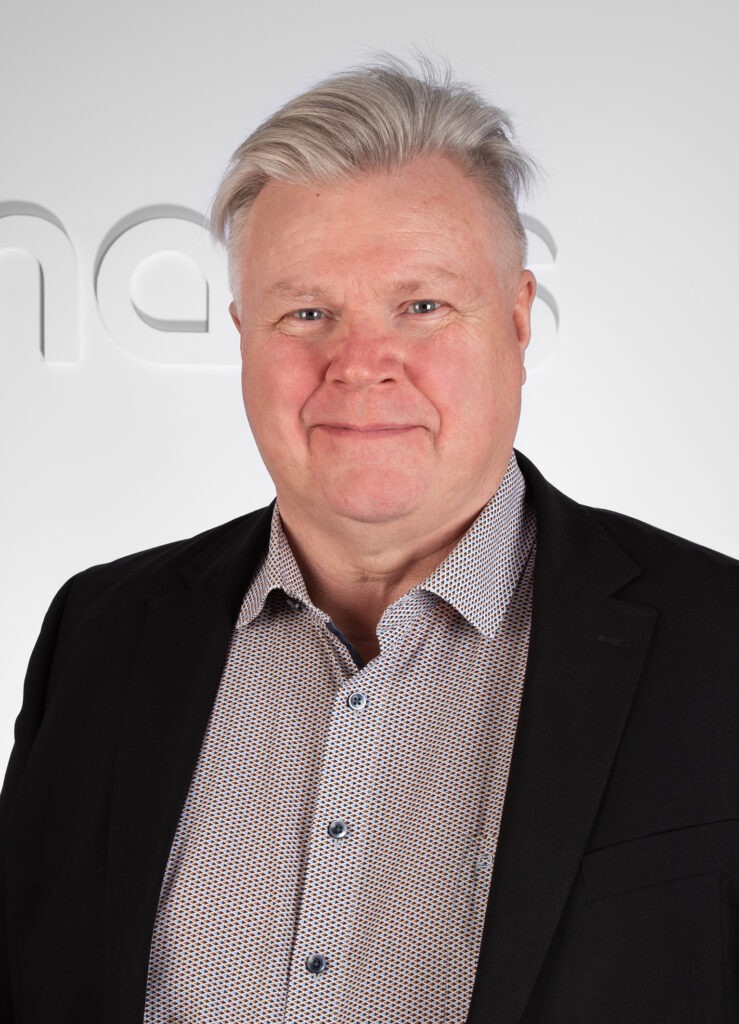
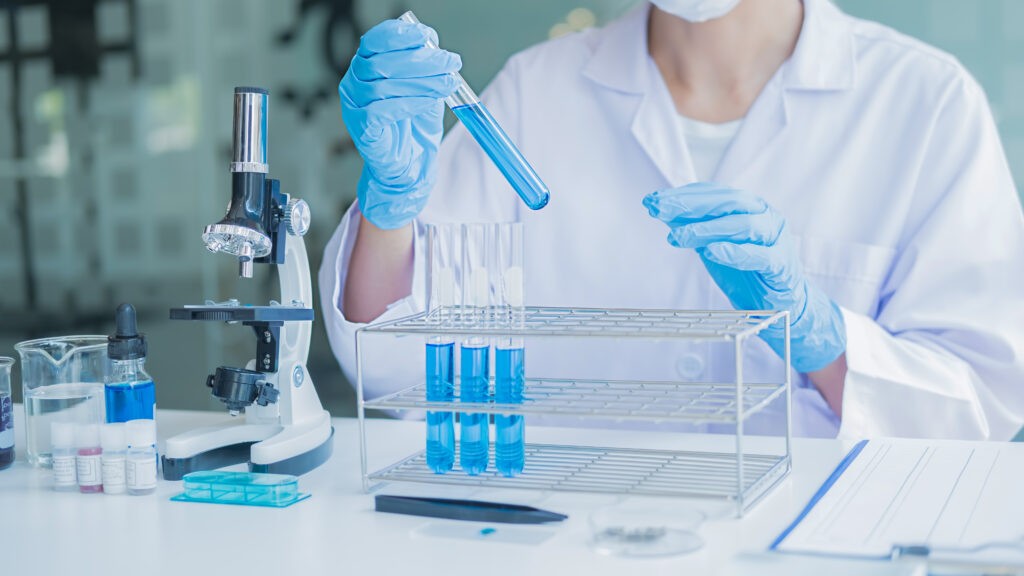
Matís' policy and vision
- To be a progressive knowledge company that promotes competitiveness and sustainability of food production in Iceland
- To return valuable products to Icelandic society through cooperation and services to the business community
- To be a cornerstone of food safety in Iceland and support the Icelandic authorities in ensuring food safety and wholesomeness
- To build establishments in the countryside and increase value creation throughout the country
- To be a sought-after partner and service partner for companies and institutions
- To be a desirable, demanding and exciting workplace with first-class facilities where employees enjoy their work
Public limited company Matís works on research and innovation in food for the benefit of business and society as a whole to contribute to increased value creation, and to promote food safety and public health. We are also working on value and innovation from the country's underutilized biological resources, such as, for example, microbes, enzymes, algae, etc. with biotechnology. In 2022, Matís fell under the Ministry of Food (MAR).
Through cooperation with a diverse group of economic partners, the products of research and innovation are used to increase knowledge and create value in society. In this way, Matís occupies a large place in value creation, strengthens food production and the competitiveness of the Icelandic economy and products - and at the same time contributes to sustainability and environmental protection.
Matís is a leader in chemical and microbiological food research in Iceland and plays an important role in ensuring food safety and improving public health. Matís provides government and institutions with support and advice on how to respond in the event of a food emergency, which is key to minimizing the negative impact of a group infection or epidemic on public health and the nation's economy. Matís works closely with public regulators in consulting, measuring, monitoring and risk assessment to ensure food safety for Icelandic consumers and the value of export products.
Through research and product development of food and ingredients, Matís contributes to improving the public health of the country's population. Emphasis is placed on the development of diverse, nutritious foods that have a health-improving effect.
Matís' activities in 2022 were financed by a service contract with MAR (23.7%), grants from competition funds (48.5%), measurements and other services to national companies (22.8%), projects for various national public institutions and regulators (1.1% ) and sales of services to foreign companies (4.0%). Matís' total turnover in 2022 was 1.88 billion, of which 76.3% was self-generated capital and 31.1% was income in foreign currency.
In 2022, Matís employed 97 employees in 91.1 full-time positions, of which 60 were women and 37 were men.
In 2022, information was submitted for the first time about Matís' Green Accounting for 2021, which is part of Matís' participation in Green Steps. At the end of 2022, the first Green Step was applied for.
Matís is largely funded by grants from national and foreign competitive research funds, which require a counter-contribution from the participants. Part of the service agreement with MAR finances these counter-donations by Matís. Research funds have different requirements for counter-contributions, but in general domestic competition funds require higher counter-contributions than foreign funds.
In addition to the great value creation that the results of research and innovation projects bring to Icelandic society, the direct return on the part of the service contract that is spent on research projects (347 million in 2022) is good, as Matís earns 2.6 króna against every króna that MAR contributes to research attack on domestic and foreign competition funds.
The basis for the success of Matís's work is strong cooperation, domestically and abroad, with companies, institutions, authorities and entrepreneurs.
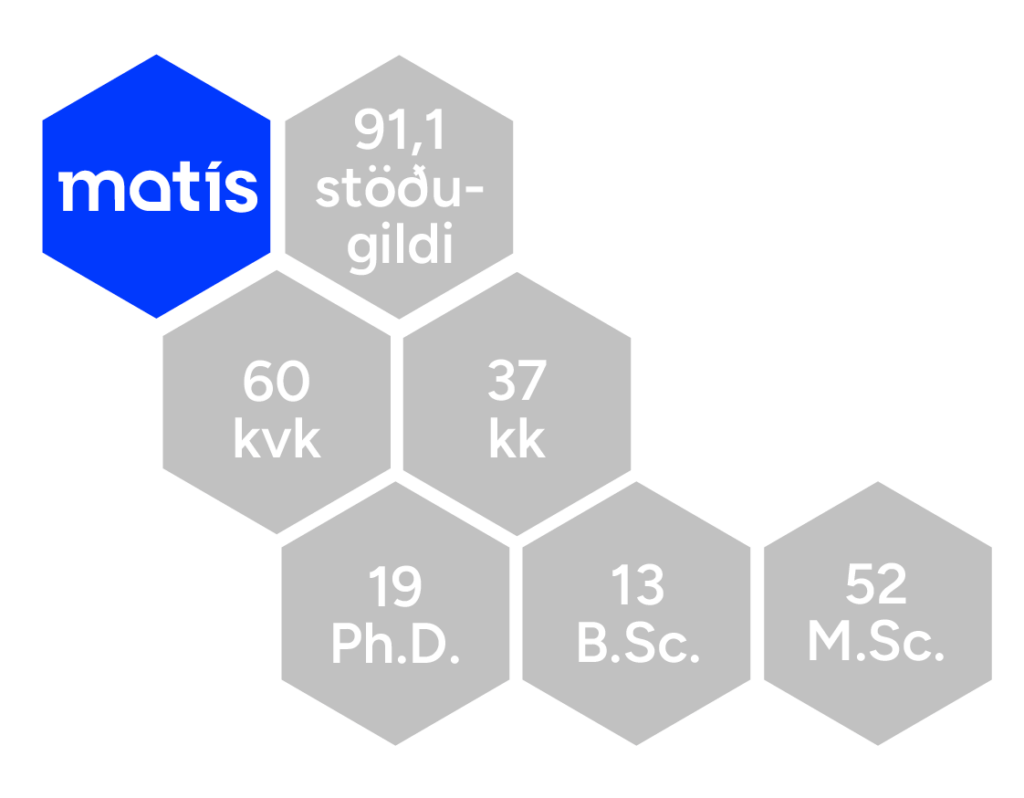
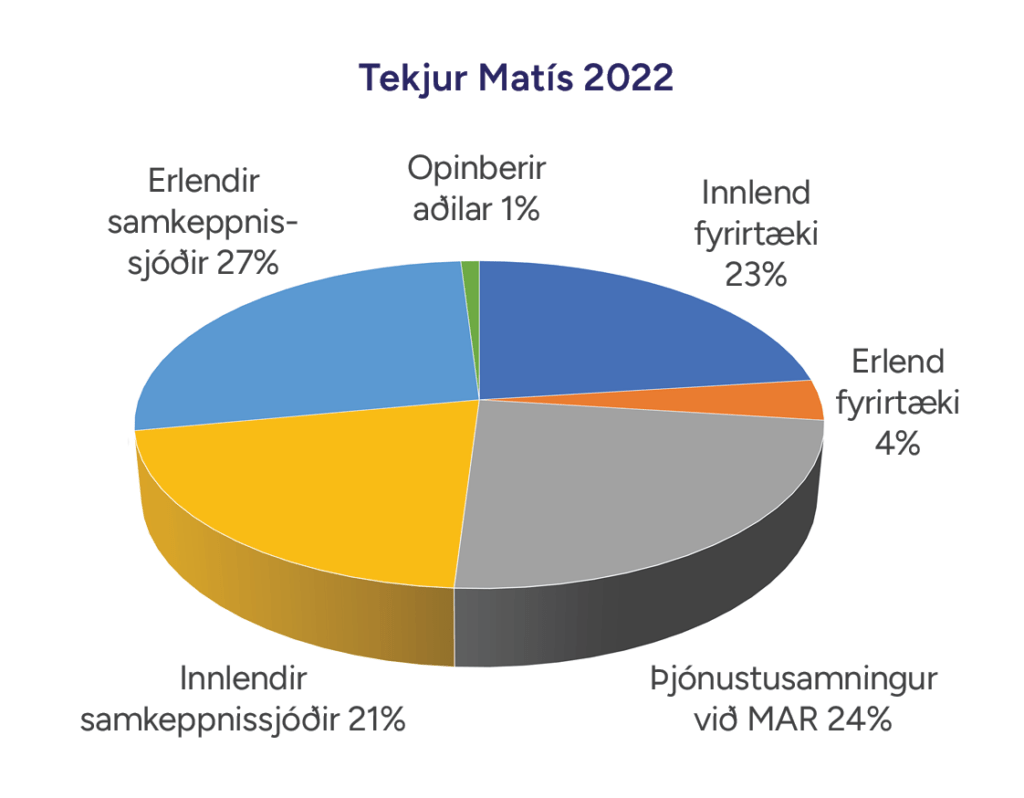
Matís 'priorities and projects contribute to the achievement of the United Nations' global goals
Of the 17 goals, the following goals are mainly related to Matís' operations.
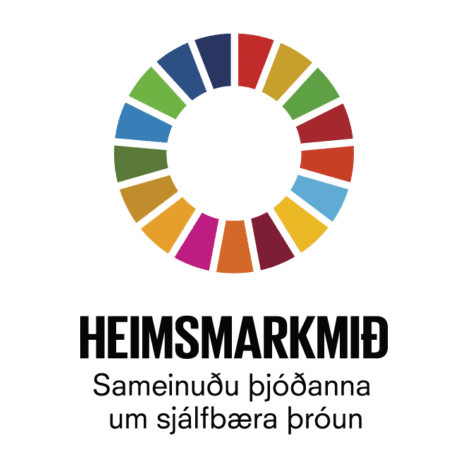
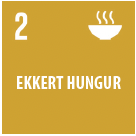
Eliminate hunger, ensure food security and improve nutrition and promote sustainable agriculture.
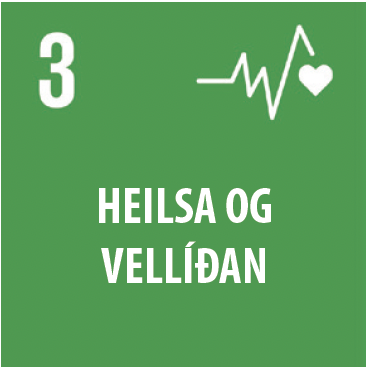
Promote a healthy lifestyle and well-being for everyone from cradle to grave.

Promoting sustainable economic growth and profitable employment opportunities. Increased productivity in the economy achieved through diversity, technological innovation and innovation.

Promote the development of sustainable industries and foster innovation.

Work to ensure sustainable production patterns and efficient utilization of natural resources. Reduce food waste.
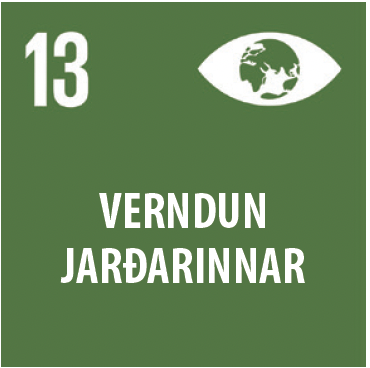
Take urgent action against climate change and its effects.

The sea and its resources are protected and used in a sustainable way with scientific knowledge.

The land and its resources are protected and used in a sustainable way with scientific knowledge.
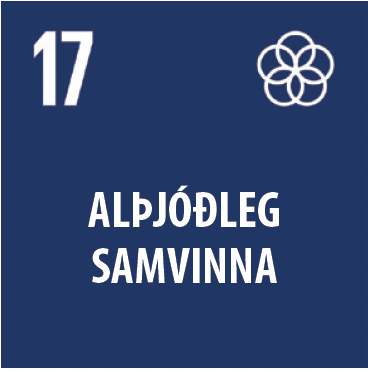
Breathe in international co-operation on sustainable development and take action.
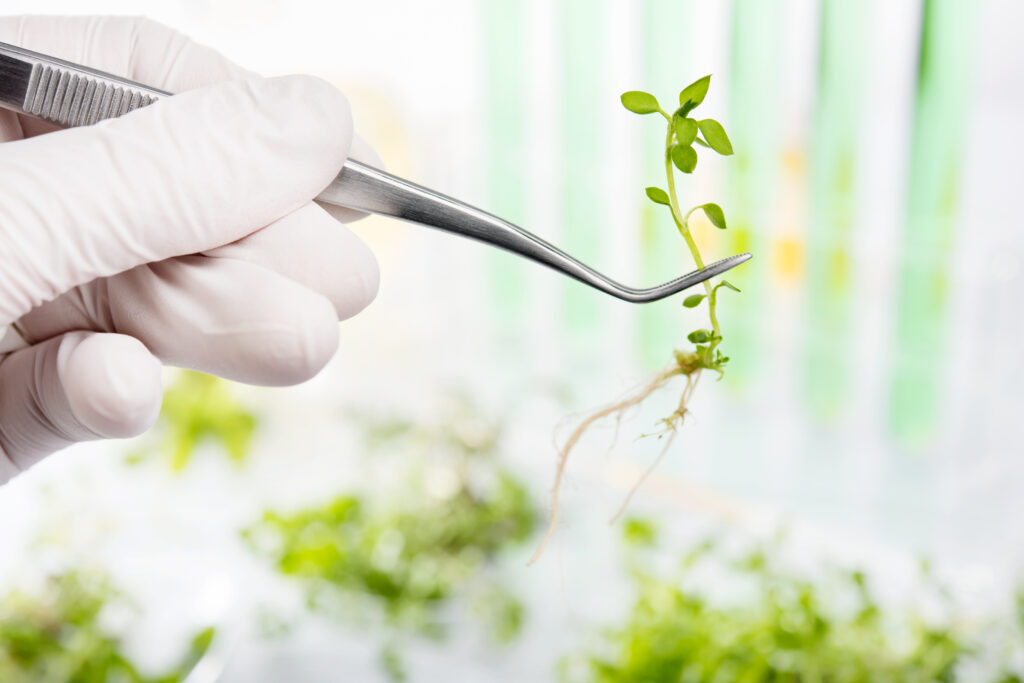
Food Research
In accordance with the law on the role of Matís, the company's research is divided into three focus areas: value creation, public health and food safety,
Value Creation
Matís works purposefully to increase value creation related to food production and biotechnology, to strengthen the competitiveness of Icelandic products and business life. The goal is sustainable use of resources for the sea and the countryside. One of Iceland's main specialties is how well it has succeeded in creating value from the various resources and connecting the needs of consumers and foreign markets to the various links in the value chain. Matís has played an important role in creating this uniqueness and working with the business world on research and innovation to maximize the value and yield from the resources that the nation possesses. Among the important projects that have contributed to increased value creation can be mentioned
full processing and utilization of various side products, improved processing processes, product development, improvements to packaging and transport processes, development of new protein sources and enzymes, etc.
Public Health
Matís contributes to improving public health in Iceland through research and product development. It is important to know the characteristics of Icelandic products, and solid data is a prerequisite for discussions about how we improve life and health. Matís has built an interactive database, ÍSGEM, with information on the chemical content of foods on the Icelandic market. Interactive, user-friendly databases with information on the content of positive and unwanted substances in food are important and useful to consumers, producers, sellers, buyers, governments and other business partners. Matís works on diverse projects that support the improvement of the public health of the country's citizens, from mapping mineral levels in by-products and the skins of vegetables and fruits, studying the effect of diet on the intestinal flora, examining whether the nutritional content of milk varies according to the season and researching bioactive substances in algae.
Food Safety
Matís is a leader in chemical and microbiological research on food in Iceland and is responsible for the operation of reference laboratories, and safety and priority services in the field of food for regulatory agencies and competent authorities. The strength of the company lies in a broad base of capabilities, knowledge and infrastructure that ensure safety and priority services in the event of a food hazard. Emphasis has been placed on research into unwanted substances and microorganisms in food and processing environments, and the development of analytical methods. Increased understanding of the nature, origin and transmission routes of pathogenic microorganisms is important to ensure food safety, prevent outbreaks and promote consumer safety. Matís has extensive knowledge of microorganisms in food processing and farming species, such as Listeria, and uses the latest technology, sequencing capability, to trace the source of infection. It is fundamental for buyers of Icelandic products to be able to trust that the foods produced in Iceland are safe. The export of Icelandic food is also dependent on the presence of wholesomeness, taking into account laws, regulations and the demands of buyers. Matís serves the Icelandic government and the Icelandic economy by running a security service, offering service measurements and having available high-quality and well-defined scientific data on unwanted substances and microorganisms in Icelandic food. It is necessary to support claims about the purity and wholesomeness of Icelandic food with reliable data from independent parties such as Matís, which are based on research into products and the environment, including through environmental monitoring.
Focus categories
In the year 2022, Matís came to 221 research, development and service projects. These projects are classified into priority categories according to which producers, sectors and groups they are mainly intended to serve. The focus groups are:
- Meat
- Dairy products
- Vegetables & Grains
- Pelagic fish
- Demersal fish
- Aquaculture
- Algae
- Innovation, entrepreneurs & educational institutions
- Administration and health control
- Environmental research
- Development assistance
- Service measurements
- Other
Meat
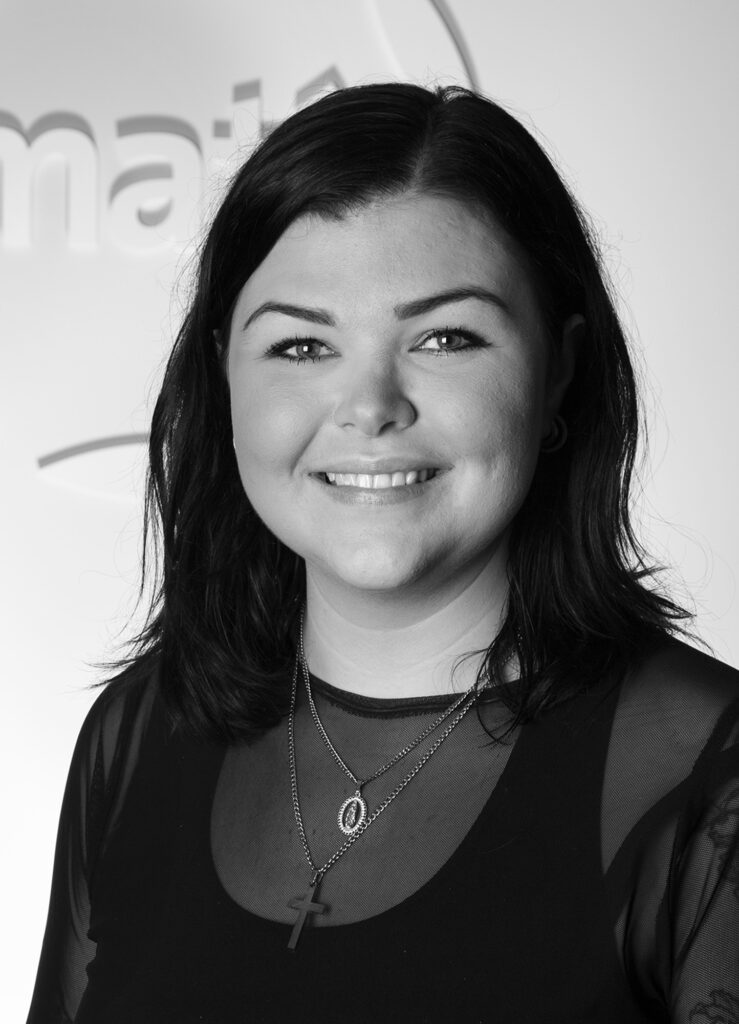
Contact:
Eva Margrét Jónudóttir
Specialist
evamargret@matis.is
The goal of research and innovation projects on meat is to strengthen domestic meat production and promote value creation in the countryside in cooperation with producers and other stakeholders. In 2022, Matís came up with 15 projects in this field, where emphasis was placed on measuring nutritional value, utilization, meat quality, shelf life, utilization of side products and animal welfare to demonstrate the uniqueness of Icelandic products. In sheep breeding, the focus was on the effect of breeding, slaughtering methods and the effect of pre- and post-slaughter treatment on the quality of lamb meat. The quality of Icelandic lamb was also compared with the quality of foreign lamb. A scientific article was published on the effect of slaughtering methods on the quality of lamb carcasses and lamb meat.
Three projects on the quality of lamb meat and the welfare of lambs for slaughter
were done in collaboration with the Agricultural Advisory Center, the Icelandic University of Agriculture and a slaughterhouse. The effect of pre-slaughter treatment on stress in lambs for slaughter was investigated by measuring acidity in the spinal muscles 24 hours after slaughter in order to evaluate the effect of different starvation times at home on the farm, during transport and in the slaughterhouse in order to be able to suggest the best treatment. The effects of different acidity levels in lamb spinal muscles the day after slaughter on the taste quality and other properties of the spinal muscles of lamb carcasses were also investigated in order to be able to better determine which acidity level is the best to use as a criterion for stress. The effect of subcategories in lamb carcass fat evaluation on the characteristics and flavor of the loins on % fat, fat burst and lamb flavor was investigated. Information on the Meat Standards Australia (MSA) quality and marketing system for lamb was compiled and their consumer testing methodology was tested and compared with traditional sensory evaluation of fresh and thawed lamb loin muscles.
During the year, work was started on a project aimed at increasing the utilization of side streams from slaughterhouses and meat processing plants. The project is carried out in collaboration with Norðlenska and aims to improve the production and handling of raw materials by identifying opportunities in the utilization of by-products from slaughter. During the year, work was also started on an assessment of utilization rates within the meat assessment categories of lamb, together with analyzes of the chemical content of the meat and by-products, which are of increasing value. The project is intended to provide data that replaces outdated data and communicate it to stakeholders and consumers. The lack of new and up-to-date data on utilization and nutritional value was becoming a major marketing challenge. The project is carried out for Icelandic lamb ehf, which will use the results. The Food Fund supports the project. All results will be available in 2023.
They also worked on projects for the development of genetic methods to promote breeding and increase the traceability of products. The development of a paternity test for Icelandic sheep was completed, but such tests have previously been developed at Matís for horses and cattle. It is important to be able to confirm the paternity of sheep, especially to eliminate inherited genetic defects. Work was carried out on the development of rapid methods for species identification of raw materials in processed foods. Current methods are expensive to implement and slow. Work was also carried out on a project to improve the detection of scabies in sheep, which Matís is carrying out for farmers and the Agricultural Advisory Centre. A genetic test was also implemented to detect a new fertility gene in sheep, the so-called Lóu gene. Finally, work began on a project to find genetic factors in sheep that cause goiter and completed the implementation of a diagnostic test for yellow fat. Both have hereditary genetic defects that cause losses to Icelandic farmers.
Dairy products
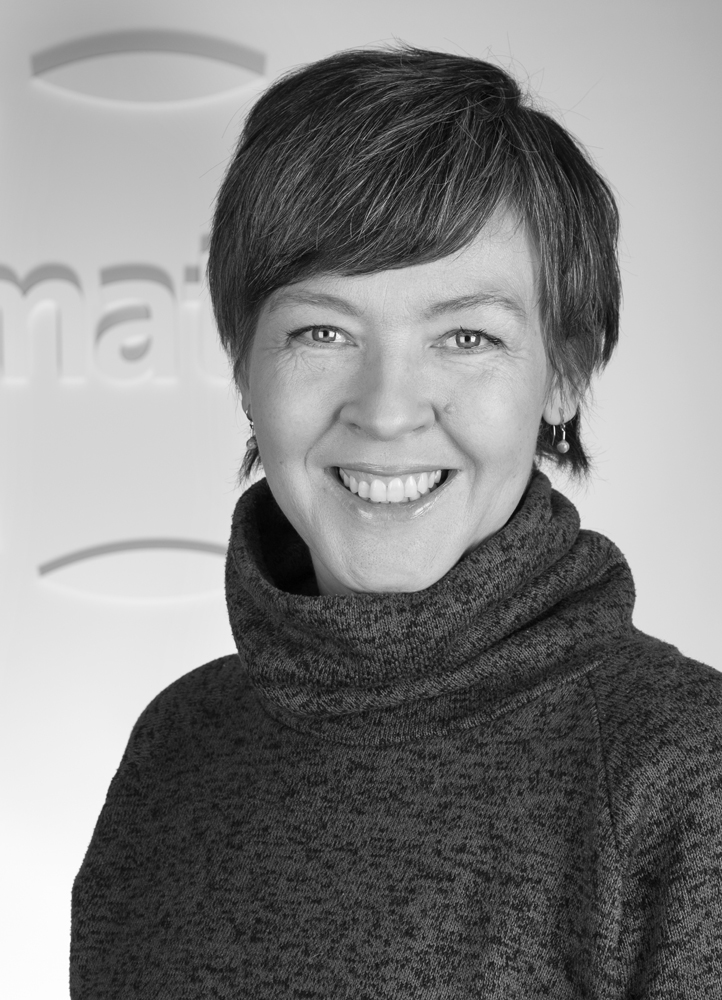
Contact:
Margrét Geirsdóttir
Project Manager
mg@matis.is
Only three projects were running during the year, which aimed to create new knowledge about dairy products.
The first thing to mention is the collaborative project between Matís and the University of Reading, where the relationship between feed and seasonal fluctuations in the nutritional content of milk was examined. Milk samples were taken from shops in the UK for a whole year (both organic and conventional milk) and the milk was analyzed for minerals and trace elements. The research revealed that the season certainly had an effect on various minerals in the milk, presumably due to the different composition of feed.
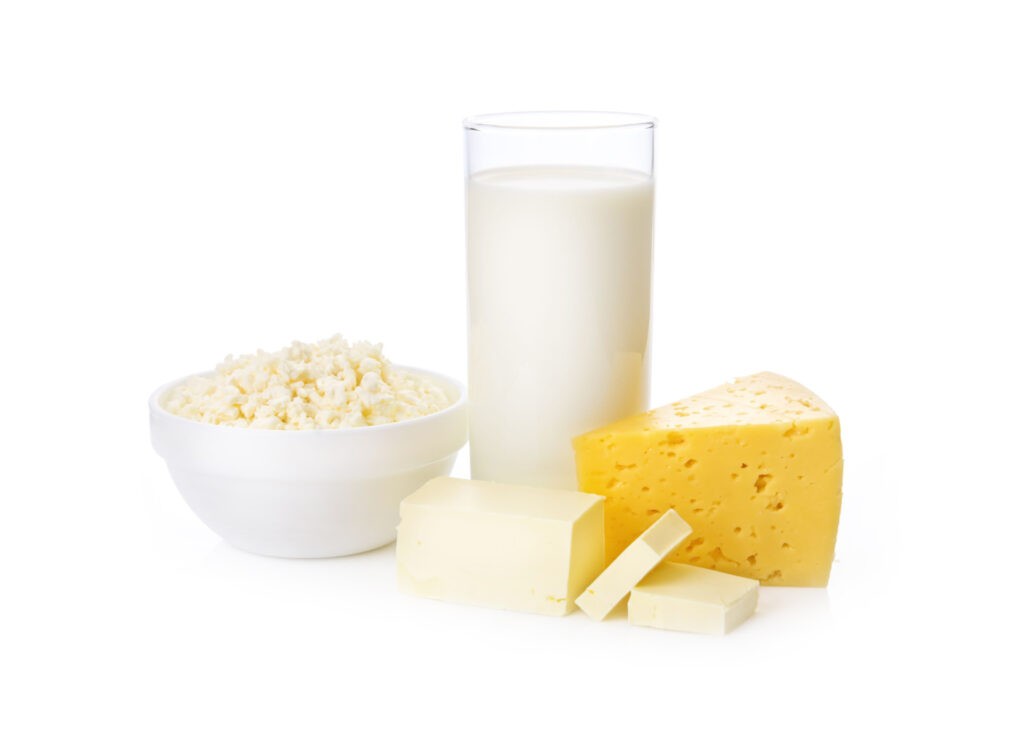
The biggest effect was that the consumption of summer milk could contribute to a lower iodine intake for all consumers, especially this could affect younger children who went from getting all the recommended daily intake from milk to only one third. It is common that people do not get enough iodine, and it may be important to consider whether cows need to be given iodine during certain months of the year. We need to see if this is the same in this country.
Matís' projects were not only related to cow's milk, but Matís also had a preliminary project in progress that looked at the use of algae in plant-based milk and plant-based milk products.
Vegetables & Grains
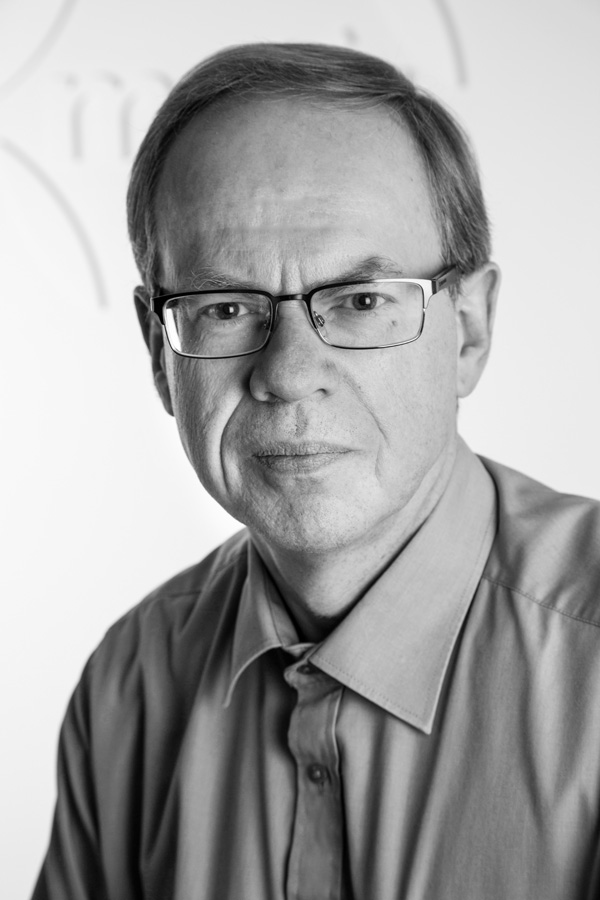
Contact:
Ólafur Reykdal
Project Manager
olafurr@matis.is
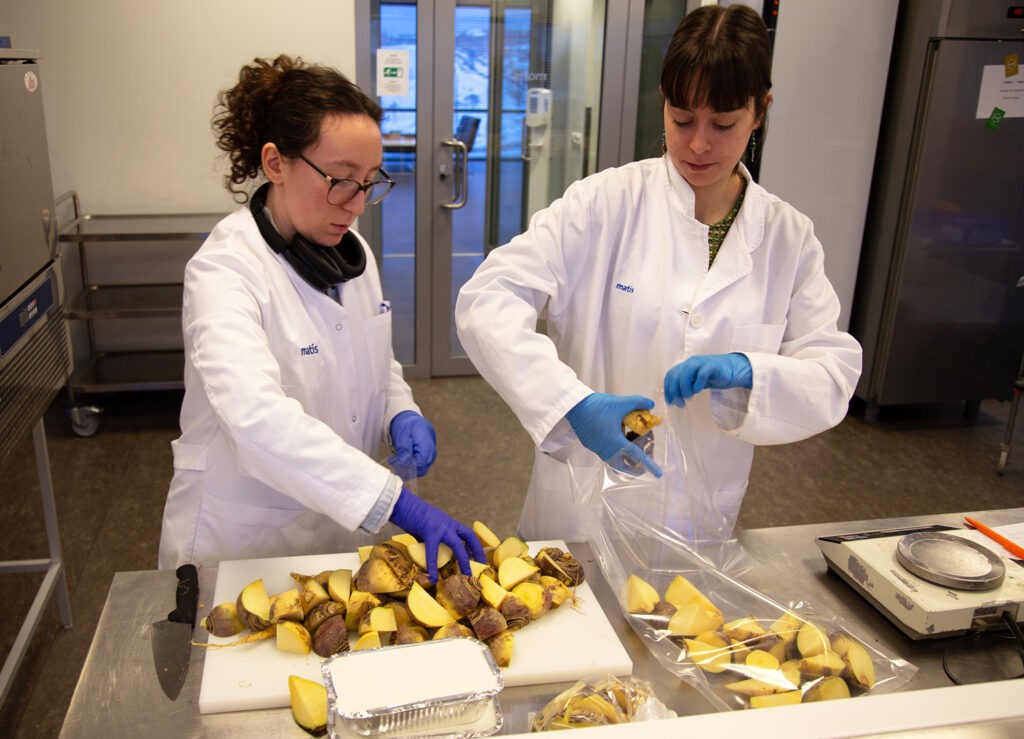
There has been considerable growth in research and innovation in the field of vegetables and grains in recent seasons at Matís, and there were a total of eight vegetable projects underway in 2022 and six grain projects.
An extensive project on improved quality, shelf life and reduced waste in the value chain of Icelandic vegetables was completed. The results have been published in the Matís report series. The results include practical information on the sensory properties of Icelandic vegetables, their shelf life and suggestions for the utilization of by-products. Work aimed at increasing the value of by-products from horticulture continued during the year in a new project supported by the Food Fund. Work is being done to define the quantity and utilization potential of the by-products of horticulture, and it is hoped that in the future it will be possible to use some of the by-products in food and extract valuable nutrients from them. Work was also started on a risk analysis regarding the use of the by-products in food and the foundation was laid for further product development in collaboration with Orkídea and the Icelandic Farmers' Association. With an overall view of the vegetable value chain, ways to improve utilization and reduce waste are pointed out.
Another project funded by the Swedish Food Fund explored the possibility of better utilization of fruit and vegetable peels for human consumption. The project compared Icelandic vegetables with imported vegetables in terms of unwanted substances. The project revealed that Icelandic products contained fewer pesticides than imported products. Pesticides above maximum levels were most commonly found in fruits and herbs. The peel of vegetables was found to be richer in fiber than the content, but a higher concentration of pesticides and heavy metals was also measured in the peel. However, in the foods that were screened for pesticides and heavy metals in the skin and inside, the substances were within the permitted maximum values and it was safe to consume them. The project reiterated the importance of washing fruits and vegetables before consumption.
Matís' staff has noticed an increased discussion about food packaging. Awareness has been raised about the importance of reducing the use of single-use packaging. Selling unpackaged vegetables is now growing. On the other hand, it is important to reduce the shrinkage of vegetables, and plastic packaging has proven to be effective in reducing water loss and extending the shelf life of vegetables. In recent years, it has become clear that plastic waste in the environment is harmful to the environment. Manufacturers and sellers are therefore faced with decisions when choosing a type of packaging or omitting it altogether. Matís received a grant from the Food Fund for the project Challenges in packaging vegetables, the aim of which was to make it easier for producers and sellers of vegetables to make decisions about the choice of packaging or whether it is safe to leave it out. On Matís' website you can find advice on these topics and explanations of the factors that matter.
Due to the increased global demand for protein, the use of grass as a protein source for monogastric animals was considered. In cooperation with the Icelandic University of Agriculture, the Agricultural Advisory Center and the Icelandic Farmers' Association, work was started to gather information on the quality characteristics of grass proteins and to look for ways to isolate proteins from grass. As a continuation of this work, the possibility of setting up a plant for protein processing from grass in Iceland will be examined. Matís has also been involved in the development and testing of food packaging made from Icelandic alaska and kelp in collaboration with Efnasmiðjuna, Sedna-Biopack and Sälufélag Garðyrkjumanna.
Pelagic fish
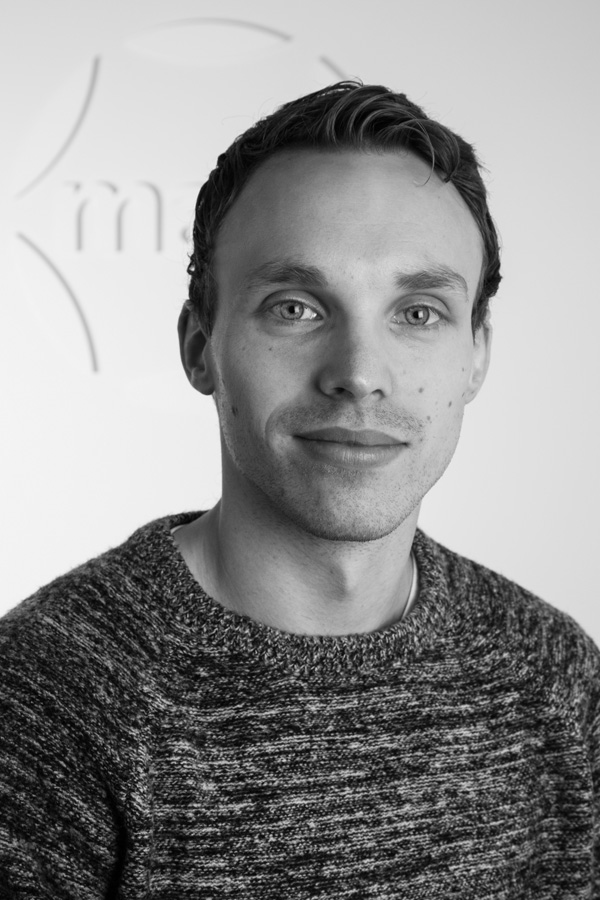
Contact:
Stefán Þór Eysteinsson
Project Manager
stefan@matis.is
From the beginning, Matís has placed great emphasis on working closely with the country's fishing industry companies with the aim of maximizing the value of all the raw materials that are produced. In 2022, Matís worked on a total of 11 research projects defined as pelagic fish projects, all of which were carried out with key partners within the pelagic industry.
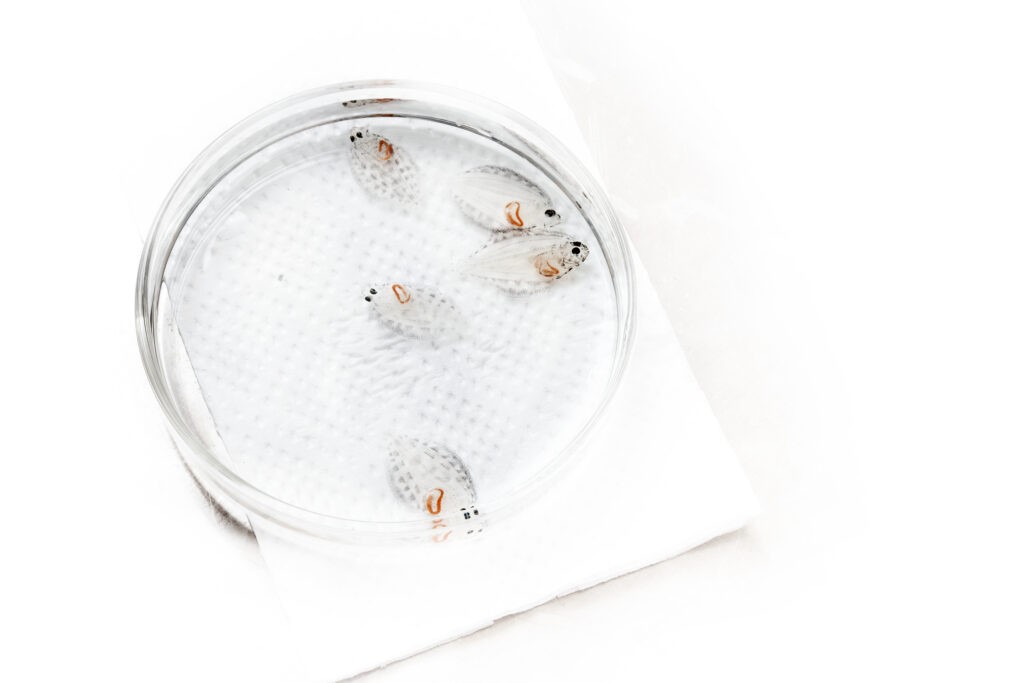
The offshore industry in Iceland, in collaboration with Matís, has long been a leader in increased value creation and full utilization of the raw materials provided. The increased emphasis on circular economy together with increased environmental awareness has further encouraged increased value creation, and Matís' projects have taken this into account.
One of the projects that Matís has been working on in 2022 concerns the development of proteins that meet the requirements for the quality and safety of products for human consumption from the side streams of mackerel. The project uses raw materials that are generally used for the production of fishmeal, but it is hoped that its results can contribute to meeting society's increased protein and energy needs. In addition, Matís worked on a project to develop natural anti-hair loss agents for fishmeal, since the use of the substance ethoxyquin is no longer allowed, but it is of great interest to the industry that anti-hair loss agents can be used with the correct effectiveness.
The search for new raw materials from the pelagic layer of the sea continues and a lot of emphasis has been placed on projects related to the possible use of zooplankton. Hopes are tied to zooplankton as the next raw material for pelagic processing and that it will be possible to extract fats and proteins from the plankton suitable for human consumption. Matís is a participant in projects related to fishing, processing and utilization of zooplankton, which include the Rauða Gullið project, which is funded by the Norwegian Food Fund, and the international project SFI Harvest.
Genetic methods were being developed during the year, which are expected to provide increased knowledge on the separation of herring populations in the North Atlantic and thus work towards improved fisheries management, as this is an important factor in maintaining the good health of those populations. In addition, there have been developments in the analysis of environmental DNA (eDNA), which is intended to find and track furries, but this will increase knowledge of its distribution as well as contribute to an improved population size assessment of furries in Icelandic waters.
Matís' biomass plant located in Neskaupstað has played a key role in the development of methods in attempts to fully process valuable products from the side streams of pelagic processing as well as other raw materials that are produced. The biomass plant can be used for the production of, for example, protein powder for human consumption, food supplements, starter feed for fish farming, and pet food. It is clear that the continued development of the biomass plant will contribute to continued innovation in the pelagic industry as well as other food processing industries.
Demersal fish
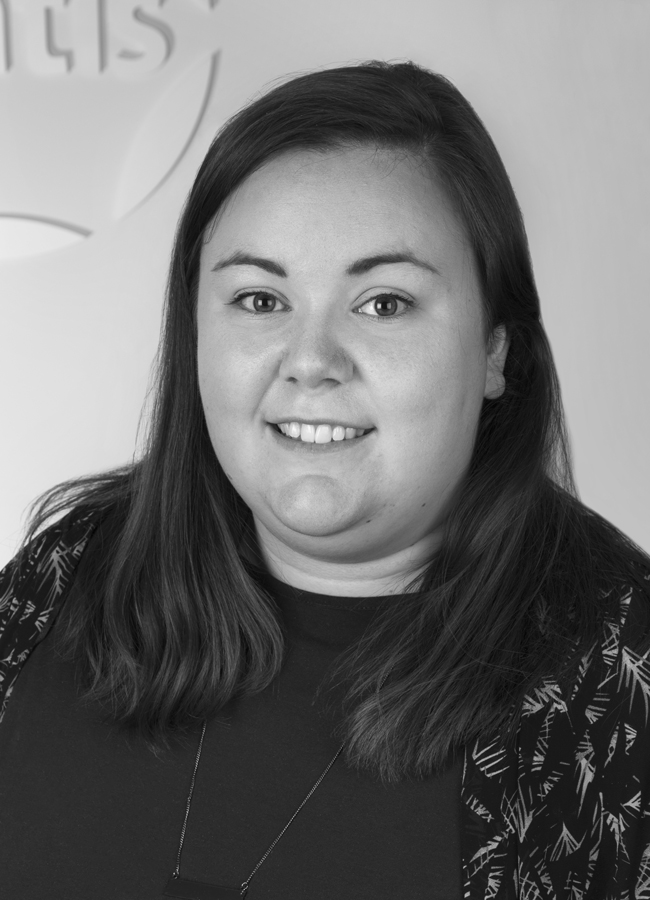
Contact:
Hildur Inga Sveinsdóttir
Project Manager
hilduringa@matis.is
In 2022, the main research focuses within Matís for demersal fish species were related to the improved utilization of secondary raw materials and underutilized species, to increase the value of certain demersal fish species, for example pollock and perch, by looking for ways to process them into more valuable products. Also improving the quality and stability of products through process changes and evaluation and implementation of technological innovations that can be used to improve control and evaluation of quality and safety within the value chain. The projects therefore concern all links of the value chain, from fishing and processing to the consumer's table. A total of 36 projects were defined as demersal fish projects during the year, but all of them were carried out in close cooperation with a large and diverse group of companies in the fishing industry and researchers.
The focus in projects related to the processing of by-products and underutilized species was mainly the increased use of protein for human consumption from, for example, underutilized species such as golden salmon and side streams such as cod and perch heads, and protein that can be extracted from water that falls during processing. Analysis and processing of these streams was carried out with the aim of increasing the value of the streams and thus the utilization of the resource. The results of the projects indicate that there are great opportunities to capture value from the underutilized raw material of hull fish processing with relatively simple and cost-effective methods of collecting and/or processing the material. The project is about the handling of catches, for example during the cooling and freezing of pollock, cod and perch, looking to streamline and improve processes to simplify work during processing, especially at sea, while maintaining or improving the quality of the final product. Several projects related to the processing of salted fish, the methodology for dewatering it, the consumer interface and the potential for the domestic market.
He also took part in projects aimed at identifying the possibility of using new technological solutions, for example mass spectrometry, in the processing and quality assessment of groundfish and developing new and exciting solutions to increase the flow of data within the value chain, all the way to the consumer. Matís also worked on projects related to, for example, the development of methods for rapid species identification, the development of environmentally friendly packaging solutions for the industry, projects related to shellfish and shellfish products, and the exploitation of seals and sharks.

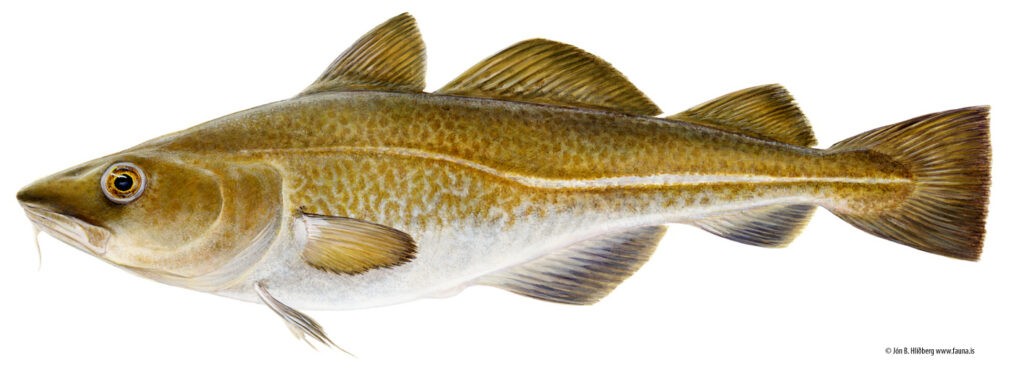

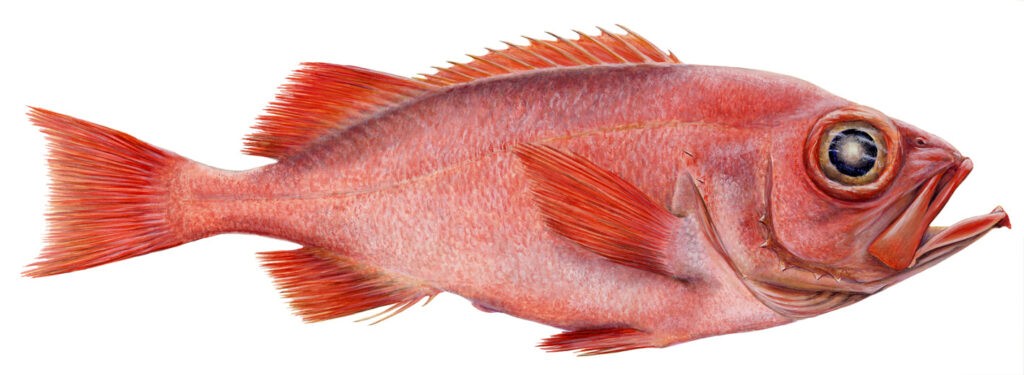
Aquaculture
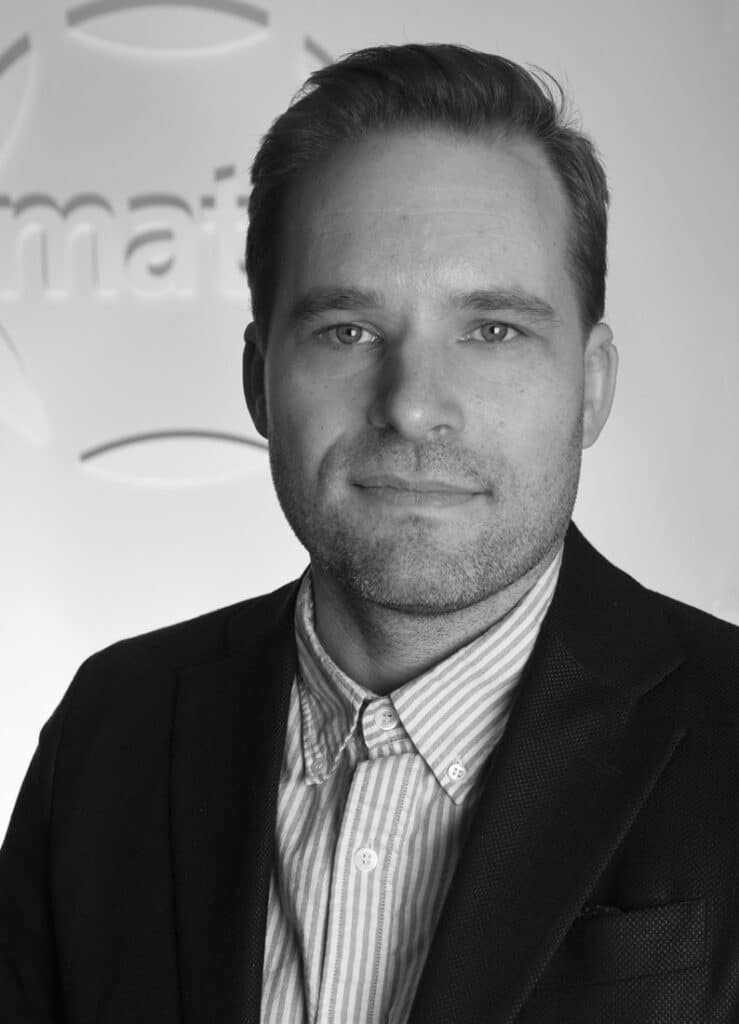
Contact:
Birgir Örn Smárason
professional director
birgir@matis.is
Aquaculture research has been in great progress at Matís in recent years, and in 2022, 22% of all the company's projects focused on research and innovation in that field. Matís has good facilities and a strong team of experts in the field of aquaculture research, especially in terms of feed research. This part of Matís' activities has been in great progress in recent years, along with growing fish farming. Aquaculture plays an important role when it comes to ensuring the world's food security, as well as in value creation and regional development in this country. Icelanders' aquaculture production has increased sevenfold since 2015, and similar growth is expected in the coming years. If things go our way, salmon can be expected to overtake cod as our most important fish stock. Matís has focused on supporting this industry as much as possible and has sought extensive cooperation with the industry. In particular, the company has focused on feed research, but also on breeding and genetics, behavior, gut flora, processing, product development, packaging, transportation, etc. In addition, Matís offers various types of advice and measurements regarding quality and food safety in the aquaculture value chain.
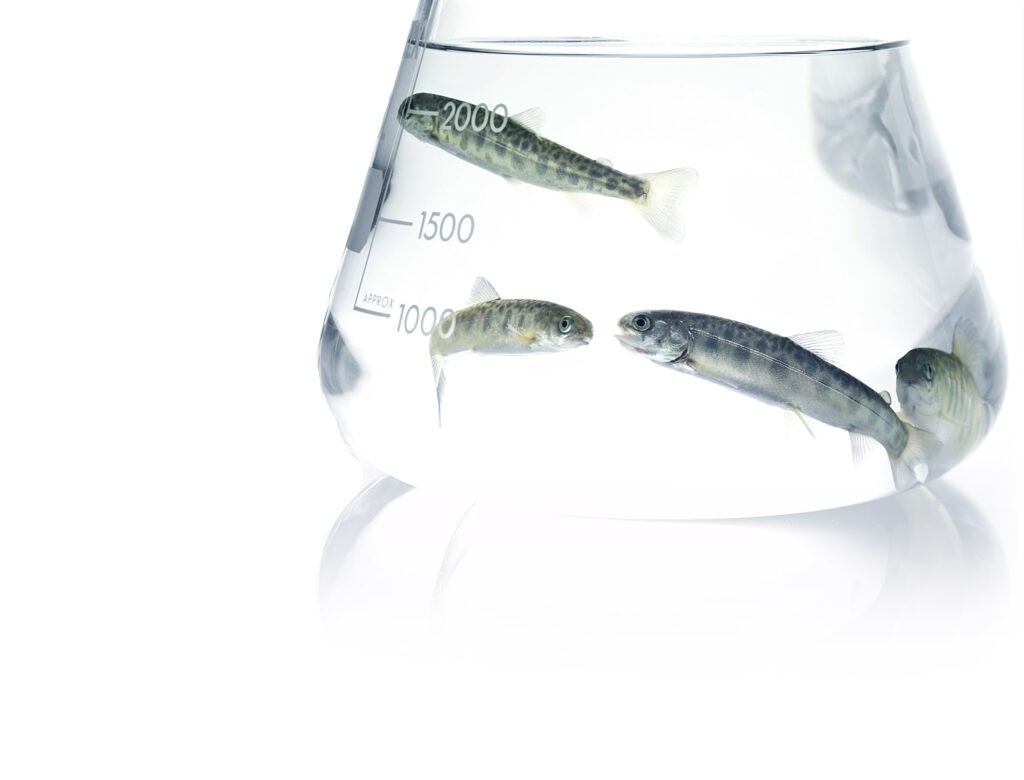
Matís runs an experimental aquaculture station, which is colloquially called MARS (Matís Aquaculture Research Station). MARS is an innovative research facility that allows us to test ingredients for feed, water treatments and the behavior of falcons, among other things. The facility consists of three recycling systems (RAS-Recirculating Aquaculture System), where the environmental parameters for salinity (0-40 ppt) and temperature (5-35°C) can be adjusted, depending on the needs at any given time. In MARS, feed is produced and feed experiments are carried out on various aquaculture species, including Atlantic salmon, tilapia, char, rainbow trout, white shrimp and oysters. When it comes to feed research and feed experiments, Matís has considerable uniqueness in the market, as the company can also offer quality, chemical and microbiological measurements, sensory evaluation, expertise in relation to genetics, processing, product development, packaging, transport, etc. This special position has made Matís a sought-after partner in research projects, and many of the world's largest feed and aquaculture companies now buy feed experiments and other specialist services from Matís.
Matís has placed itself on the pedestal of the companies and institutions in Europe that are leaders in research and development of new proteins (e.alternative proteins) for use in aquaculture feed. In that context, we can mention insect proteins, proteins from protozoa, microalgae and kelp. Matís leads one of the largest European projects in this field called NextGenProteins, where research has been carried out on insect, microalgae and single-cell protein as an ingredient in feed. The project will end in 2023, where the exciting results will be presented. In 2022, experiments were carried out in a large number of research projects and studies for national as well as foreign companies; to form microalgal feed development for aquaculture, digestibility experiments with different feed ingredients, diatoms and beneficial bacteria in feed, and tissue and inflammatory responses in salmon, to name a few.
Work began this year on research on microorganisms for the enrichment of fish farm sludge, a project funded by the Food Fund, which is to examine the possibilities of using certain microbes to improve the properties of fish farm sludge as a fertilizer. There has been a lot of discussion recently about the utilization of sludge from aquaculture, and Matís will start with more projects related to this in 2023. The whole number of aquaculture-related projects continued to work, including projects on infection load in aquaculture, monitoring of manatee breeding areas, eDNA projects , salmon breeding project and so on.
Matís is also involved in a project on the development of solutions to increase the cultivation of species further down the food chain, such as seaweed, abalone and sea urchins, and the promotion of sustainable processes through the implementation of Integrated Multi-Trophic Aquaculture where different species are cultivated together.
Algae
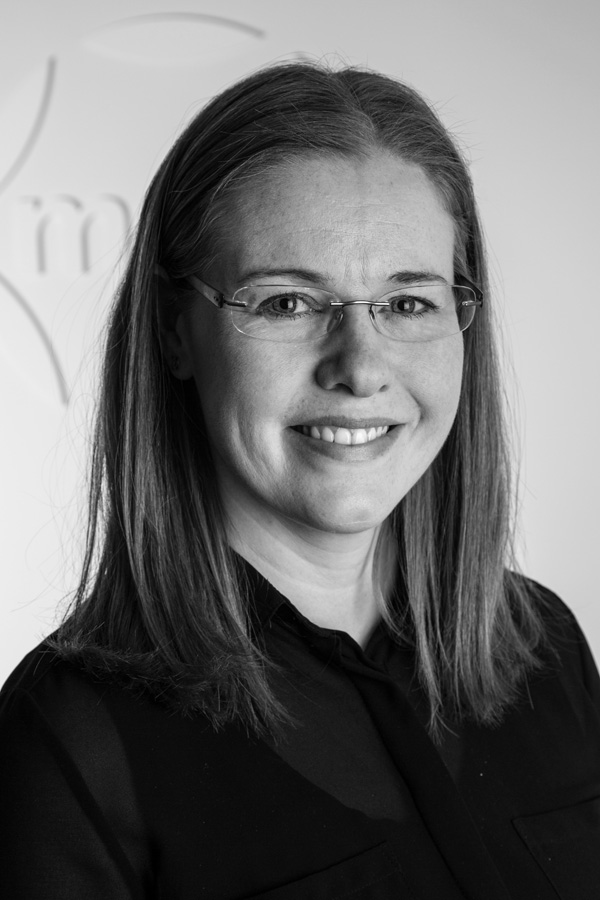
Contact:
Elísabet Eik Guðmundsdóttir
Project manager
elisabet@matis.is
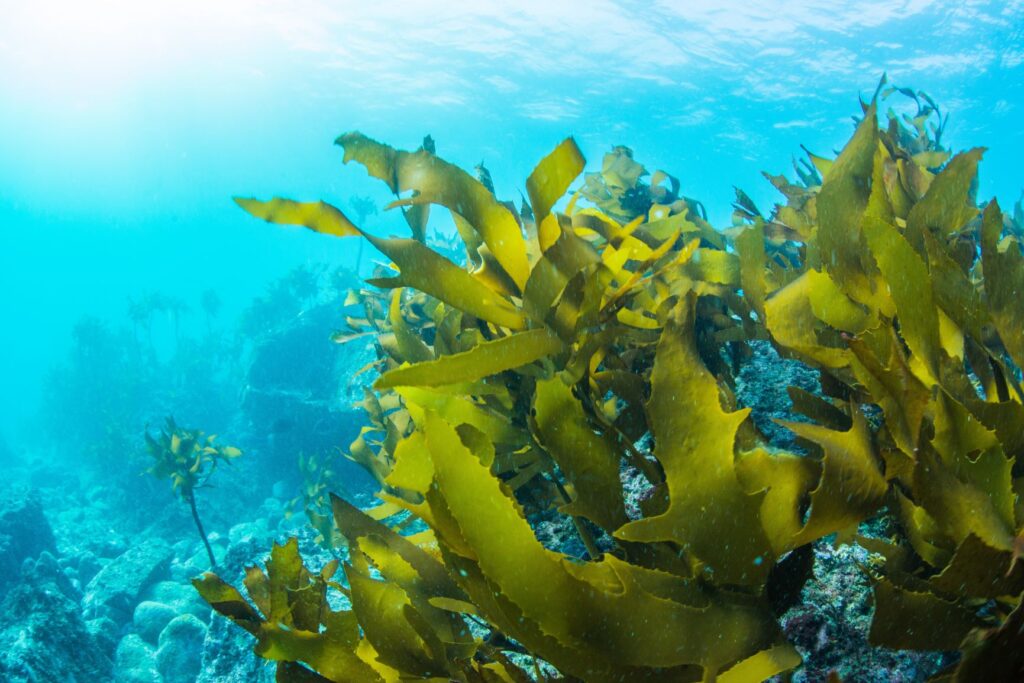
In Iceland, macroalgae are an underutilized biomass that can be used in a sustainable way for value creation. The interest of domestic parties in the use of algae is growing and they are increasingly looking for support and cooperation with Matís. For years, Matís has emphasized research on macroalgae and worked on their exploitation. In order to promote maximum utilization, value creation and ensure sustainability, Matís has worked to establish common quality criteria for the harvesting and processing of seaweed and kelp (brown algae) as well as the development of a knowledge base of the ingredients of selected species with regard to seasonal fluctuations and variations depending on the harvesting area. Matís was indirectly involved in the preparation of the status report of the food sources of the Nordic countries on the consumption of macroalgae in relation to food safety.
Macroalgae contain trace elements that are important to the human body, but can be dangerous if their concentration in food or feed is too high. The content of iodine in different algae species has been quantified and methods developed to reduce the concentration of iodine in seaweed for the production of food and feed. The development of methods for fermenting kelp and using sour kelp as a health-improving feed supplement in aquaculture continued. Interesting results were obtained from aquaculture experiments with several types of feed additive based on kelp.
Work is being done on the development of healthy flavors from algae in foods with the aim of reducing salt consumption and thereby improving public health. Work continues to develop new and environmentally friendly ingredients from brown and red algae for use in food, cosmetics, biotechnology and aquaculture, including the development of new extraction methods to isolate and purify bioactive substances from macroalgae.
Work was carried out on research and development of enzymes and cell factories that transform complex seaweed sugars into various substances, for example bioactive substances and bioplastics for food. The projects are intended to promote innovation and help feed, food and biotechnology companies bring new products to market.
Research was also carried out on the content of heavy metals, especially arsenic, in a wide range of algae found in Iceland. Algae can be rich in heavy metals, including arsenic, and the project is part of Matís' food safety research.
There has been a lot of interest in the cultivation of microalgae, which is an industry that uses resources that Iceland is known for, such as environmentally friendly electricity and clean water. Microalgae can be used in various ways, such as for the production of bioactive substances. Matís is working on several collaborative projects where microalgae are grown for the production of, among other things, new proteins in food and feed. In 2022, a project to develop a natural dye from a hot spring microbe that has various potential uses, for example in the food industry, was completed.
Innovation, entrepreneurs & educational institutions
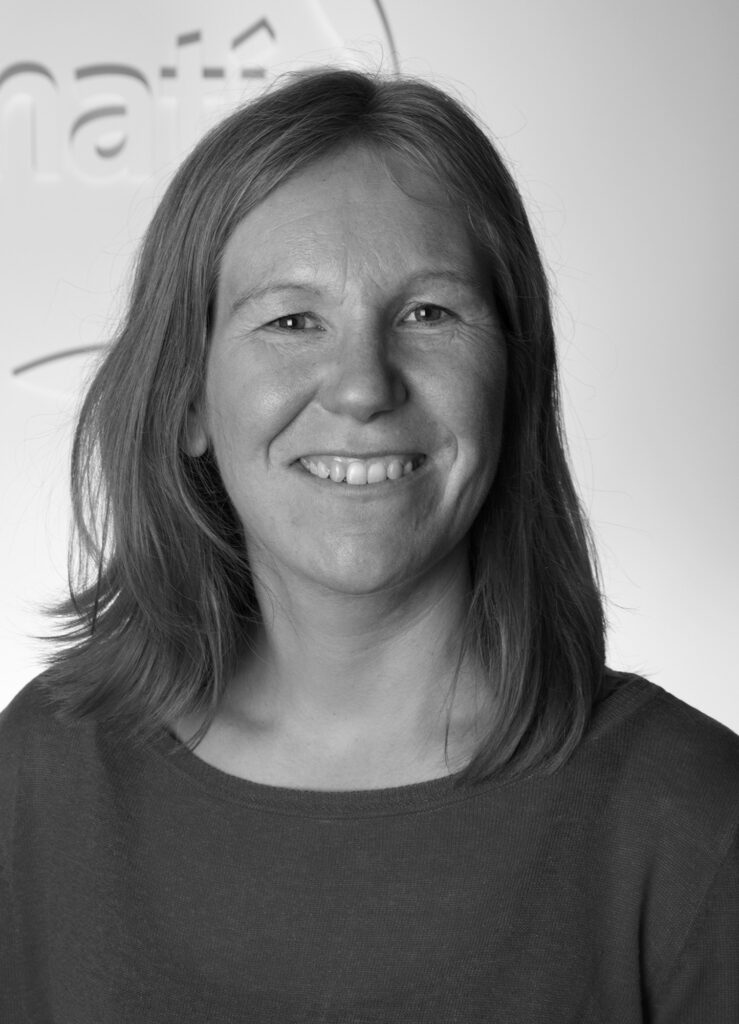
Contact:
Þóra Valsdóttir
Project manager
justine@matis.is
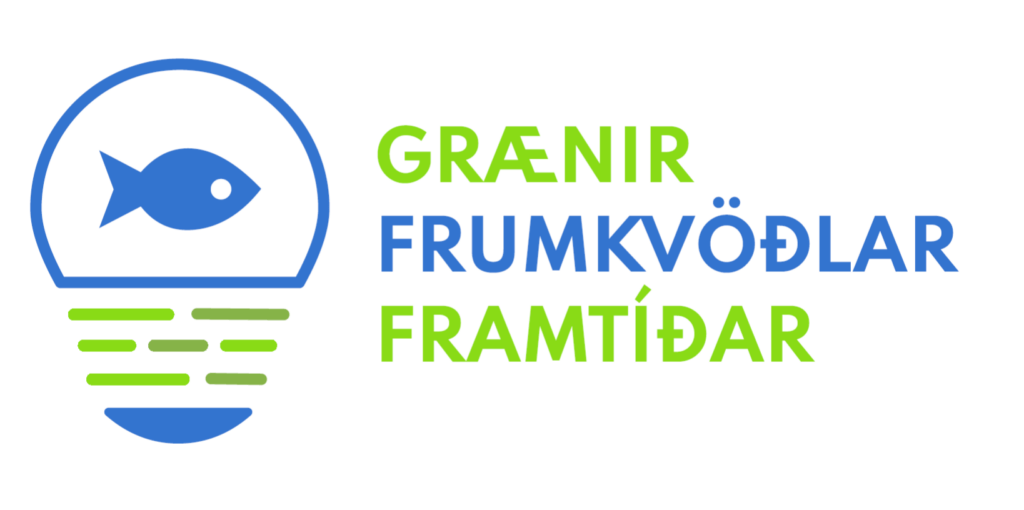
In this category there are projects that mainly contribute to increased knowledge and skills of individuals with a focus on innovation and entrepreneurial training. As in previous years, teaching at university level is part of Matís tam's activities at the University of Iceland, the University of Akureyri and the Agricultural University of Iceland. In addition, international innovation courses for university students were held in 2022 to promote entrepreneurship with a focus on sustainable aquaculture, future protein sources, specialized nutritional needs and by-products of food production and food processing. Several university students worked on innovation projects as summer jobs at Matís or on grants from the Student Innovation Fund, among other things, to examine whether algae can be used in the textile industry in Iceland.
The educational project "Green entrepreneurs of the future" was introduced widely to arouse the interest and increase the knowledge of students in the upper grades of elementary schools about climate and environmental issues, innovation and sustainable resource use in order to engage them in the fight against climate change and encourage
to green innovation. Teaching material was then developed for middle school about sustainability, food technology and production, where the guiding light is a healthy diet for our own well-being and our planet.
In the year 2022, Matís, in collaboration with the Association of Small Producers of Food (SSFM) / Beint frá bíli, received a grant from the Food Fund to work on the project New solutions for work on food labeling. A needs analysis was done in collaboration with members. Subsequently, raw materials were added to the ÍSGEM database and the web interface of the foundation on Matís' website was made more accessible. Finally, a simple web application was developed for calculating nutritional value based on recipes. This program enables manufacturers to prepare nutrition statements and ingredient statements for food labels. This saves manufacturers both time and money. The web application is available on the Matís website along with a detailed manual that describes how to use the application and how food labeling should be done.
Administration and health control
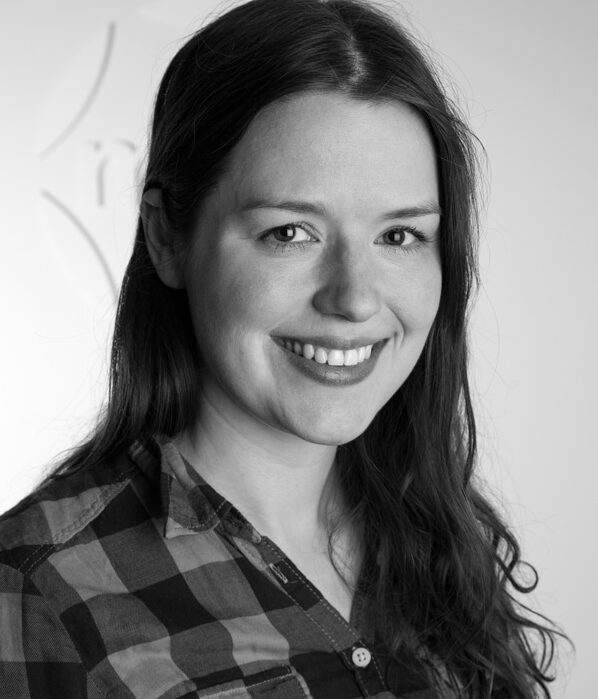
Contact:
Ásta Heiðrún E. Pétursdóttir
division manager
asta.h.petursdottir@matis.is
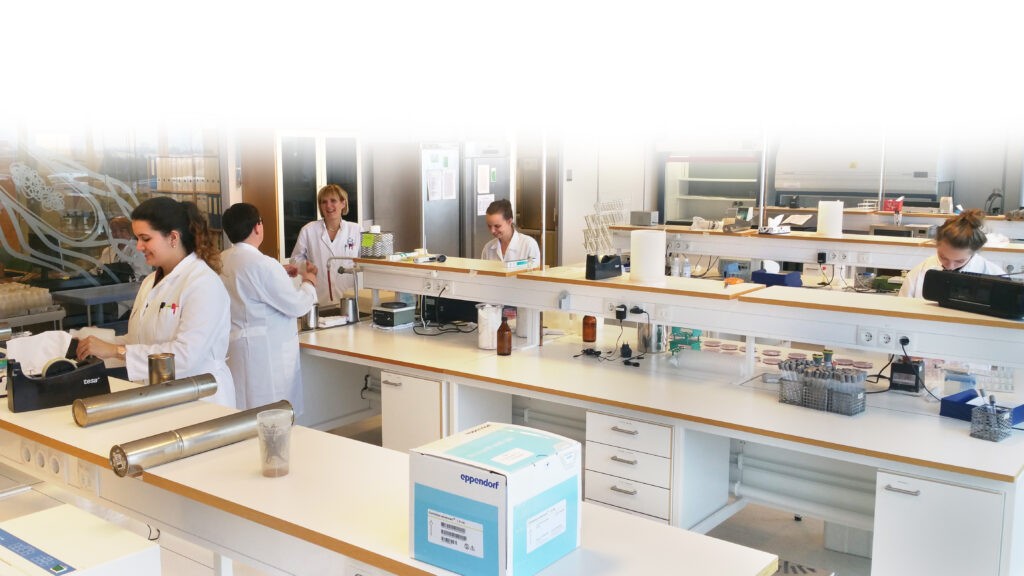
Several of Matís's projects are considered especially useful for administration and authorities when making decisions. Projects that fall into this category are diverse and examples of such projects that were carried out in 2022 are increasing knowledge and improving management of the European fleet's fishing in waters outside Europe, analysis of consumption behavior as a driving force in food tourism, increasing knowledge of antibiotic resistance in E-Coli with with the aim of preparing contingency plans to maintain a low rate of antibiotic resistance in the Nordic countries, as well as taking the first steps in updating the ÍSGEM database, which has been poorly maintained in recent years.
Many of these projects are carried out within Nordic, Arctic and European cooperation. This category also includes projects that fall under Iceland's presidency of the Arctic Council and the Nordic Council of Ministers.
Matís runs reference laboratories in the broad field of microbiological and chemical measurement in Iceland, they also fall into this category. Measurements at the reference laboratories are carried out in accordance with international, official and certified measurement methods. They also provide assistance and guidance to other public and private laboratories with measurements, which are discussed in more detail in chapter 6.
Environmental and sustainability research

Contact:
Birgir Örn Smárason
professional director
birgir@matis.is
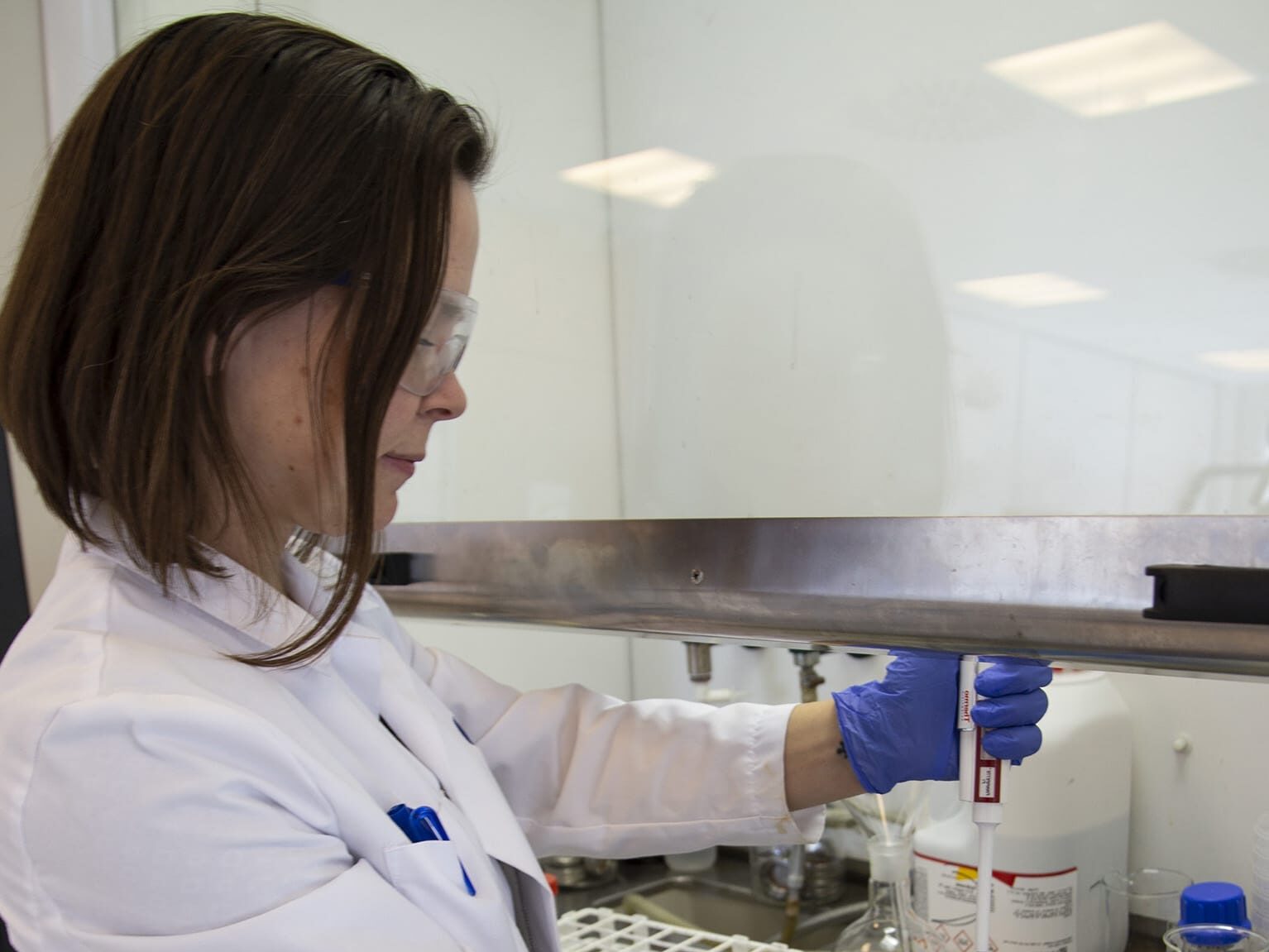
There was a lot of attention to issues related to the environment and sustainability at Matís in 2022. A new professional group was founded called Sustainability & Fire, which aims to strengthen research and innovation within the issue. The professional group works purposefully to increase sustainability and value creation in food production to promote Icelandic products and the economy.
The group's focus is on researching how we can increase the supply of food and boost food production without consuming resources in an unsustainable way, how we can use side streams to create value within the circular economy of biological resources, research on the environmental impact of food together with various services and research in aquaculture.
The professional group works on innovation and research projects as well as consulting and customer service regarding sustainable food production. Many projects focus on analyzing the environmental impact and/or carbon footprint of production, products or services using methodologies such as life cycle analysis (LCA). The group has come to work on the development of standards within the International Standards Council (ISO) on how to analyze the carbon footprint of marine products. Emphasis is also placed on the use of resources within the circular economy, adaptation and minimization of climate change as well as the ecosystem approach.
There was some diversity in the nature of environment-related research and innovation projects at Matís in 2022. The main ones to mention are projects related to climate issues and plastic pollution in the sea, chemical measurements of Icelandic seafood and algae, as well as microbial research.
As part of a service contract with MAR, Matís monitors unwanted substances in the edible part of seafood. The results for seafood in 2022 have been compiled (Matís report 01-23). The goal of the project is to demonstrate the status of Icelandic seafood in terms of safety and wholesomeness, and to use the data in the preparation of food risk assessments to ensure the interests of consumers and public health. The project builds a knowledge base on the amount of unwanted substances in economically important species and marine products and is defined as a long-term project where continuous expansion and review is necessary. In general, the results obtained in 2021 were consistent with previous results from 2003 to 2012 as well as 2017 to 2021. The results of 2022 showed that all samples of marine products for human consumption were well below the EU maximum values for persistent organic substances and heavy metals and that Icelandic marine products contain insignificant amounts of persistent organic substances (dioxins and PCBs), pesticides and heavy metals (cadmium, lead and mercury).
Development assistance
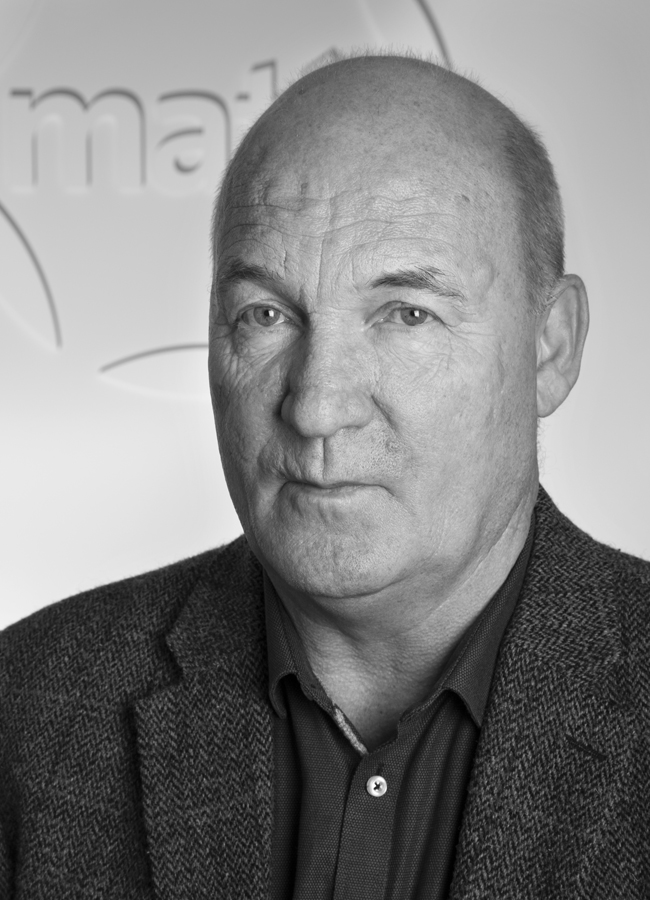
Contact:
Margeir Gissurarson
Project manager
margeir@matis.is
In 2022, Matís participated in four projects that are part of Iceland's development aid. Cooperation with the Maritime School GRÓ-FTP (formerly UNU-FTP) continued and Matís leads the school's quality management line.
The Maritime School accepted 27 students in the autumn months of 2021, for the school year 2021/2022, of which six students were on the quality management line. The school year 2022/2023 began in the autumn months of 2022, and of the 25 students, there were four who started studying on the school's quality management line. It was planned that six students would stay with Matís, but two canceled at the last minute. A larger group is expected next school year.
Among Matís other development aid projects was the installation of a laboratory in Liberia for testing fish, fish products and drinking water. Then employees from Matís went with representatives from the Ministry of Foreign Affairs to Sierra Leone in the spring months of 2022 to investigate Matís' involvement in development projects in that country. Later that year, Matís took part in preparations for the reception of the Minister of Fisheries of Sierra Leone together with a delegation. In September, the minister was invited to Matís and the activities were introduced to her. Iceland has made a bilateral agreement on development assistance with Sierra Leone, and Matís is ready to support the Ministry of Foreign Affairs in that development work with technical assistance if necessary.
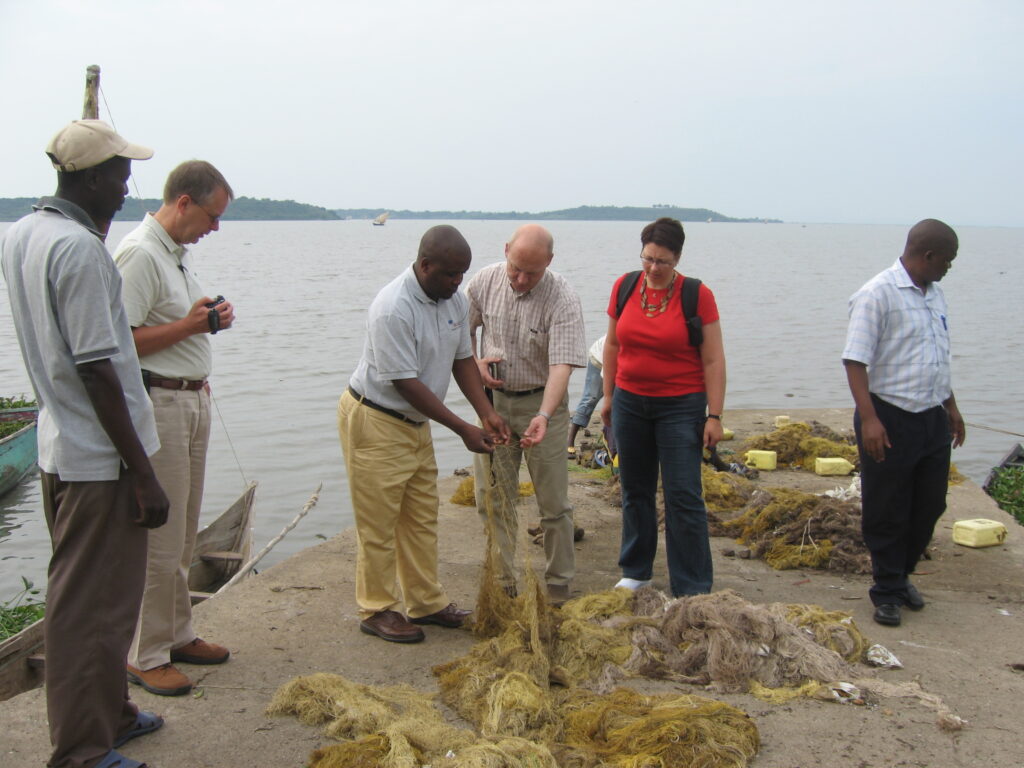
Service measurements
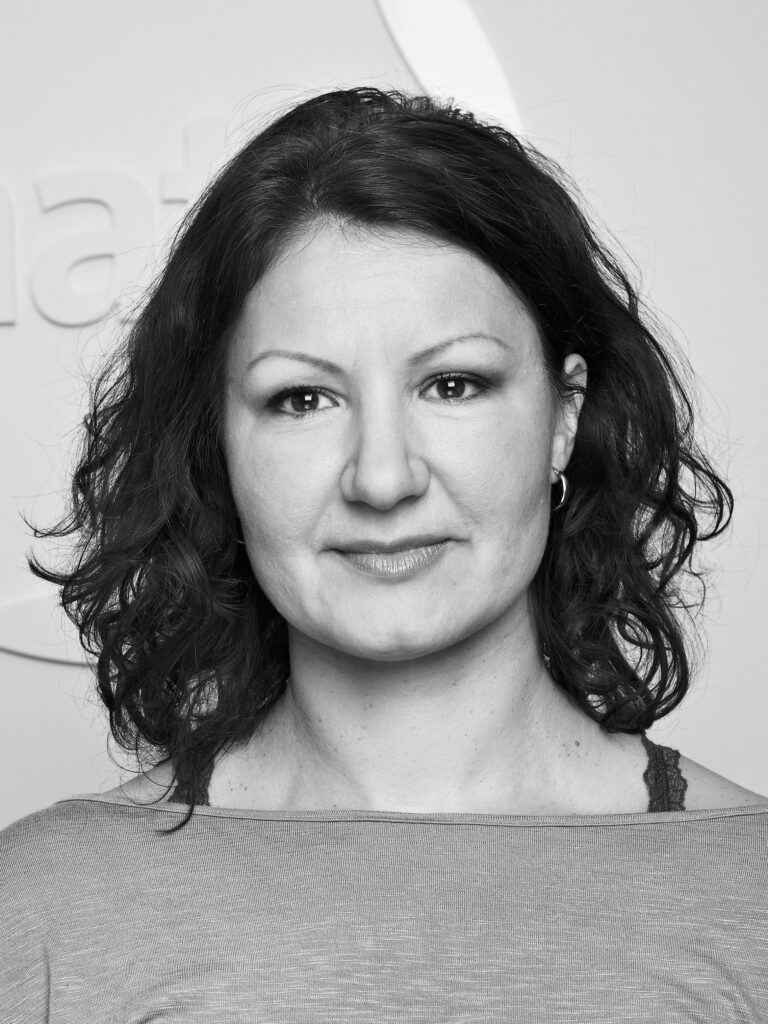
Contact:
Natasa Desnica
professional director
natasa@matis.is
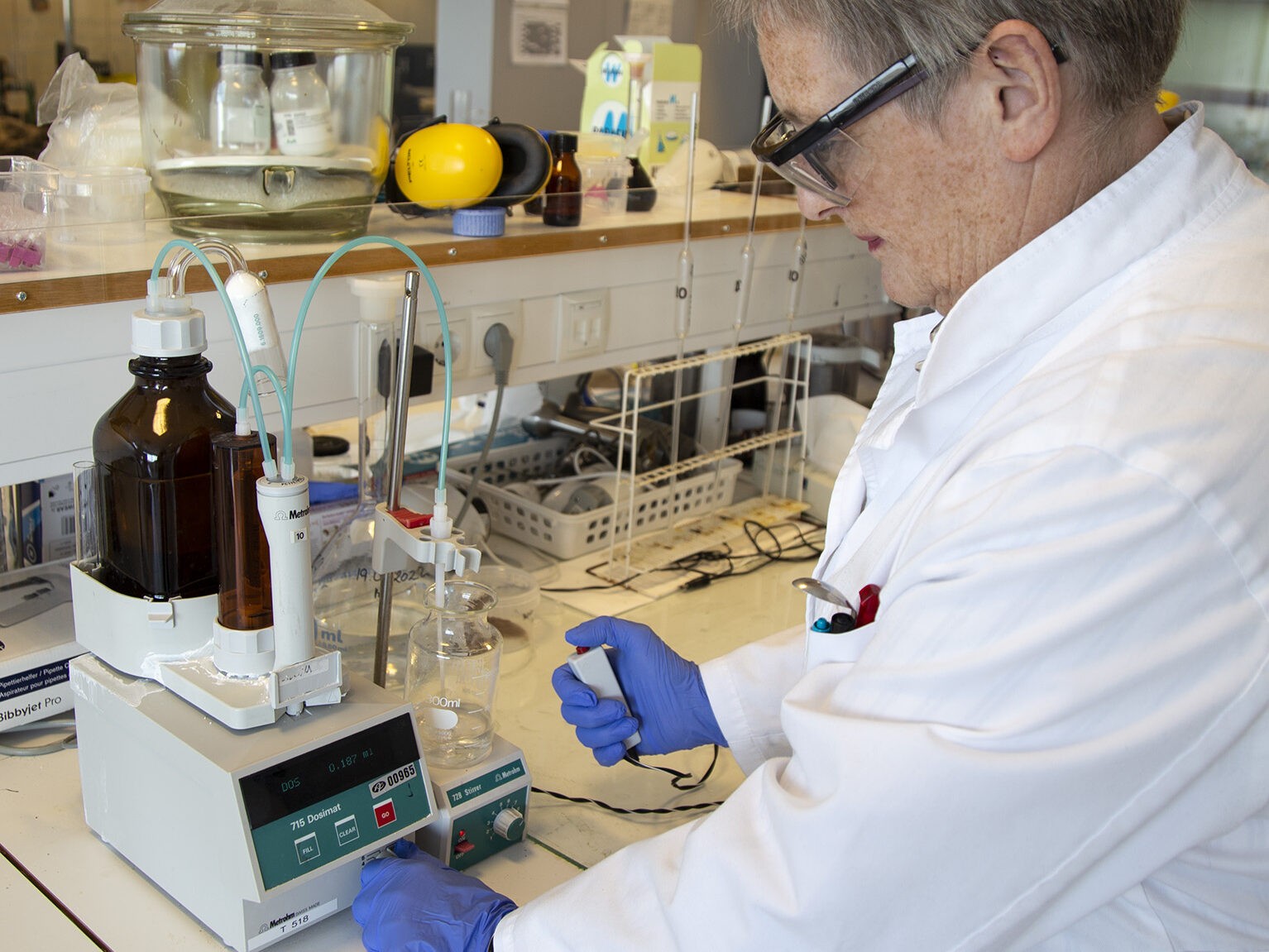
To ensure safety, wholesomeness, quality and traceability in any kind of food production, various measurements are needed that show that all production processes are in a good and safe direction. Matís has accreditation for a large proportion of the methods used, but accreditation is a seal of quality that certifies internationally recognized methods and equipment.
Matís Laboratory offers microbiological, chemical and genetic research on food, water, raw materials, medicines, feed and environmental samples. Matís service measurements take place in Reykjavík and Neskaupstaður. During the year, more than 11,000 samples underwent microbiological and chemical measurements, but the scope of measurements for each sample is different, as many complex measurements are often performed on each sample. Almost 20% samples were measured in Neskaupstaður.
Measurements focus on the composition of raw materials and products in food processing and feed preparation as well as changes in the quality of those that occur during processing and storage, for example in connection with nutritional value, shelf life and stability. Matís also performs sky food, but it is a systematic assessment of the smell, taste, appearance and texture of foods to assess their quality. Matís is also performing genetic and species analysis of commercial stocks, livestock and food which can be used, among other things, to prevent food fraud or in research on the origin of farmed salmon that have escaped from pens and are caught in rivers.
Are also implemented parental diagnoses and genetic selection studies. In 2022, rickettsial analyzes were carried out on approx. 2000 sheep and parentage analyzes performed on about 1300 horses. Matís and the Agricultural Advisory Center reached an agreement regarding the company's participation in large-scale genetic analyzes for the introduction of genome selection in the Icelandic cow population. Genome selection will accelerate genetic progress in the cow population and increase the safety of breeding operations. About 6,000 artifacts were genetically analyzed in 2022, and it is expected that their number will increase in the coming years.
In addition to measurements, Matís provides public bodies, food companies, pharmaceutical companies, slaughterhouses and private parties measurement advice. Matís has the distinction of being able to integrate experimental breeding research, chemical and microbiological measurements and sensory evaluation and therefore provides a comprehensive service to customers.
Other
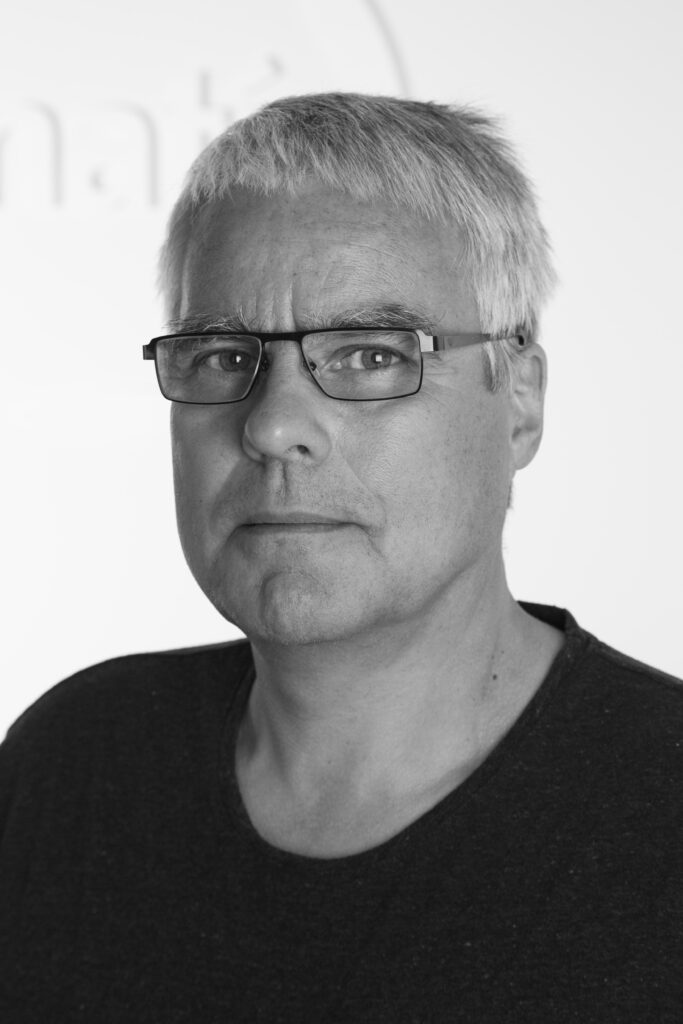
Contact:
Óli Þór Hilmarsson
Project manager
olithor@matis.is
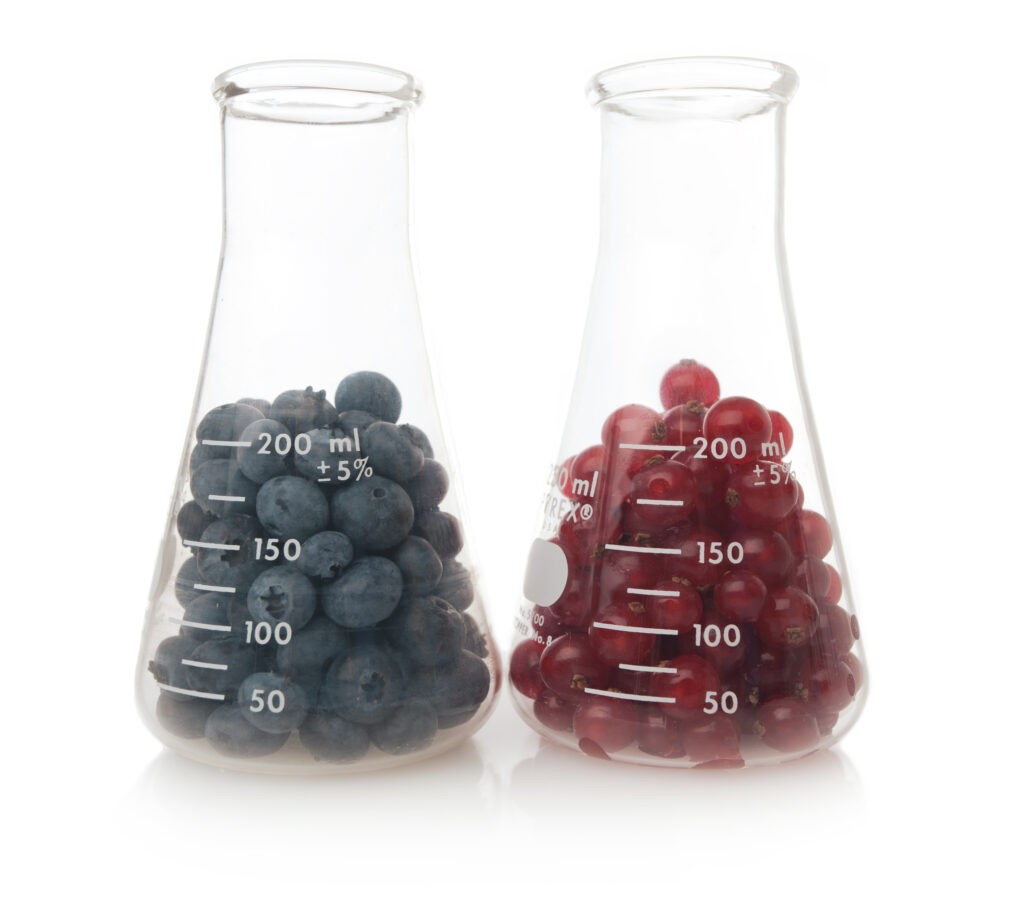
This priority category includes a group of diverse projects that either do not fall under any of the above categories or fall under more than one priority category, such as projects that serve both the fishing industry and agriculture. This category also includes projects related to research and utilization of the country's unique genetic resources, especially microbes and their enzymes.
A total of 16 projects were defined in this category in 2022, and 4 of them were in the field of food safety, 2 in the field of public health and 10 in the field of value creation. Examples of projects related to food safety are the analysis of the development of solutions related to food labeling, the genetic modification of thermophilic microorganisms, and the development of the quality assessment of fish oil with furan fatty acids. As an example of a public health project, an interdisciplinary study of the coexistence of humans and microorganisms can be mentioned in order to shape a new perspective on human health, eating habits, social community and the interaction between humans and microorganisms with their environment, which could point the way towards a more sustainable future. Among the projects mainly concerned with value creation in this category are access to development sites and clusters, utilization of thermophilic microorganisms, development of pigments for the food industry and screening for biomaterials from marine microorganisms that can be used in a variety of ways, such as medicine or health products.
Extensive collaboration
The basis for the success of Matís's work is strong cooperation, domestically and abroad, with companies, institutions, authorities and entrepreneurs. The map on the right shows the selected partners in the research projects that Matís was involved in in 2022. Click on the map to see the partners and projects carried out in collaboration with them.
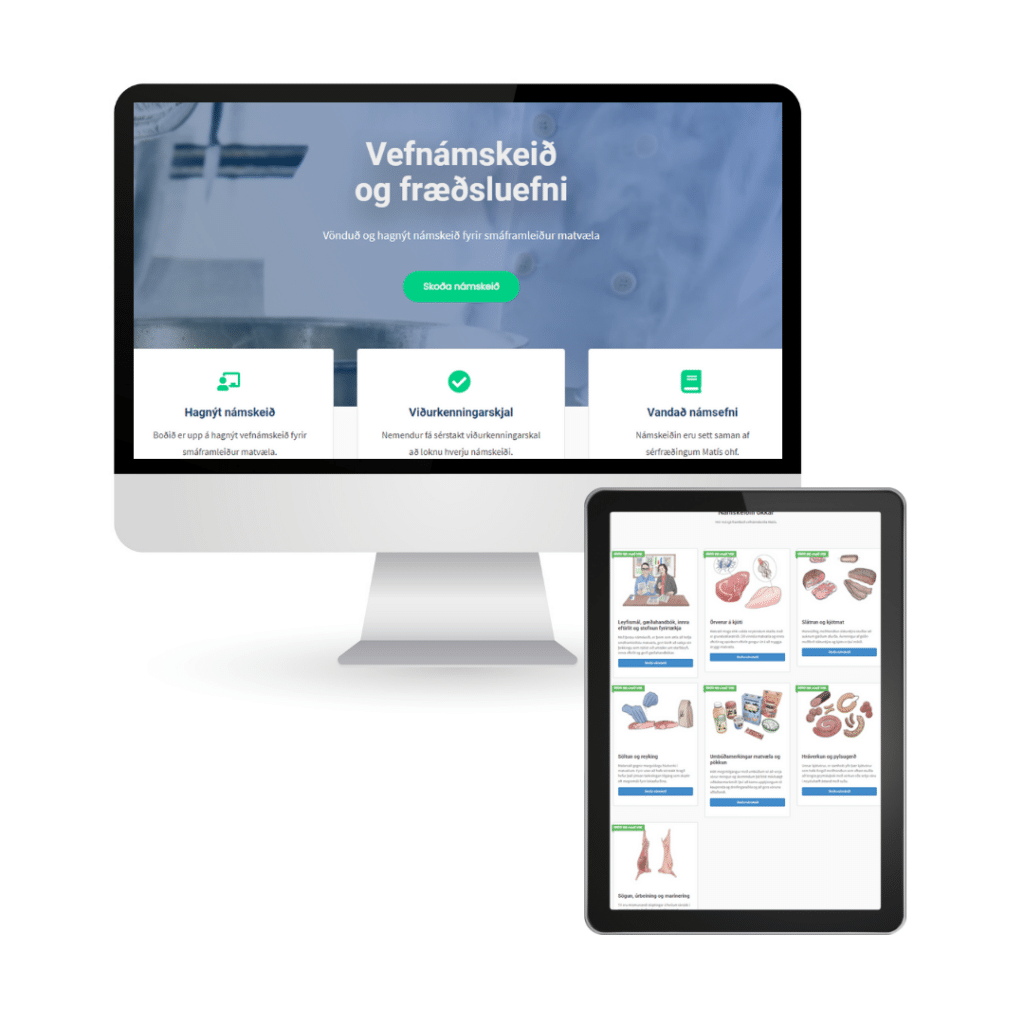
Matís' other activities that support the Icelandic economy
Matís publishes and disseminates a variety of educational material, and conducts courses and training, such as web courses on the website namskeid.matis.is. Óli Þór Hilmarsson, project manager at Matís, together with a strong team manages the dissemination educational material.
In addition to collaboration through research and innovation projects, Matís supports its customers with measurement services and advice, by offering various types of education and training and by running a food factory. Matís provides advice to entrepreneurs and companies in areas that fall under the expertise of its employees. Matís has, among other things, carried out feasibility analyses, involved in product development, process design and information gathering for his customers. Matís publishes and distributes a wide range of educational materials, including a number of manuals such as the fish book, the meat book and the HACCP book. Matís also provides various types of training and courses, including webinars.
Matís runs a food factory to help entrepreneurs in food processing. There are facilities for diverse food processing that users use to produce their products according to the issued license of the health authorities. Matís' experimental kitchen is part of a food factory. Entrepreneurs have the opportunity to rent the kitchen, but in between it is used by students and staff for product development and in connection with the various researches on food. In 2022, the kitchen was thoroughly overhauled. Investments were made in various tools and equipment to improve the facilities, as well as replacing outdated equipment with new ones.
Advisory services to the government and committee work
In accordance with the service agreement, Matís provides advice to the government and the company's experts participate in the work of committees and working groups, answer questions, give comments and opinions on regulations and bills concerning Matís' role.
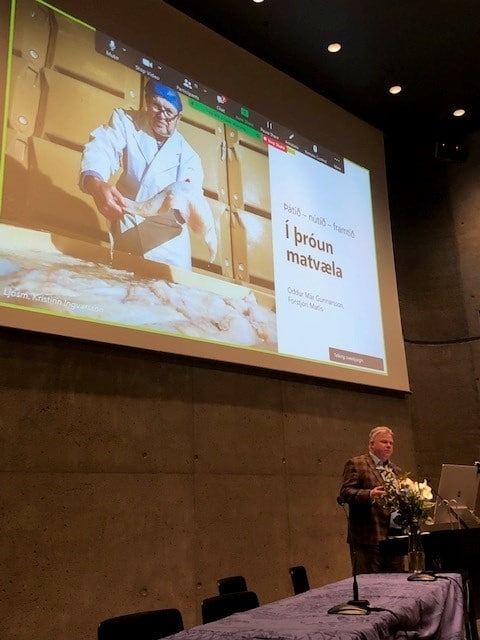
The experts also sit on various management and scientific committees of grant funds to communicate Icelandic priorities and policies and thus support the involvement of Icelandic parties in international research collaborations as well as to defend Iceland's interests and competitive position on the foreign stage.
Matís' experts work in the working groups of the European Food Safety Authority (EFSA), but Matís is approved as Article 36 instituted by EFSA. A condition for approval is that an organization must have an extensive scientific knowledge base in the field of food safety and risk assessment, as well as being professionally independent and conducting research related to food safety.
For example, Matís' expert has worked in the EFSA working group on the transport of fresh fish products. In this field, Matís has done important work over the years by working for the interests of Icelandic seafood exporters. This work has led to an increased awareness of what rules apply to the transport of whole, fresh fish and what rules are expected.
The main tasks of Matís staff in 2022 in committees and working groups were:
- Put in Science and Technology Policy Council
- Member of the professional council of the Marine Research Institute
- Chair of the Risk Assessment Committee in the field of food, feed, fertilizers and seeds
- Member of the Advisory Committee on GMOs
- Participation in a working group on food waste
- Chair of the Icelandic Food Research Committee, which is part of the Nordic Food Research Committee (NMKL) and is connected to the Nordic Council of Ministers through the Nordic Committee of Officials on Fishing and Aquaculture, Agriculture, Food and Forestry (EK-FJLS Matvæli)
- Sit in the advisory committee on improved utilization of organic materials in land reclamation and agriculture
Nordic countries:
- Board seat in NMKL
- Member of AG-Fisk, a working group under the auspices of the Nordic Council of Ministers that shapes research and co-operation between the Nordic countries, including NordForsk and Nordic Innovation
- Chair of the Nordval assessment committee that collaborates with NMKL
- Sit on the Nordic Innovation Fund's advisory committee on Sustainable Ocean Economy
- Sit on the NKJ's Nordic committee for agricultural and food research and is a forum for cooperation between the Nordic research councils and the ministries of agriculture, including raw materials and food production.
Europe:
- Serve on the Steering Committee and Scientific Committee of the Horizon Europe Research Programme, Cluster 6: Food, Bioeconomy, Natural Resources, Agriculture and Environment
- Sit on the governing and scientific committee of Circular Bio-based Europe, CBE
- Marine Microbiome Working Group of the Atlantic Ocean Research Alliance, AORA
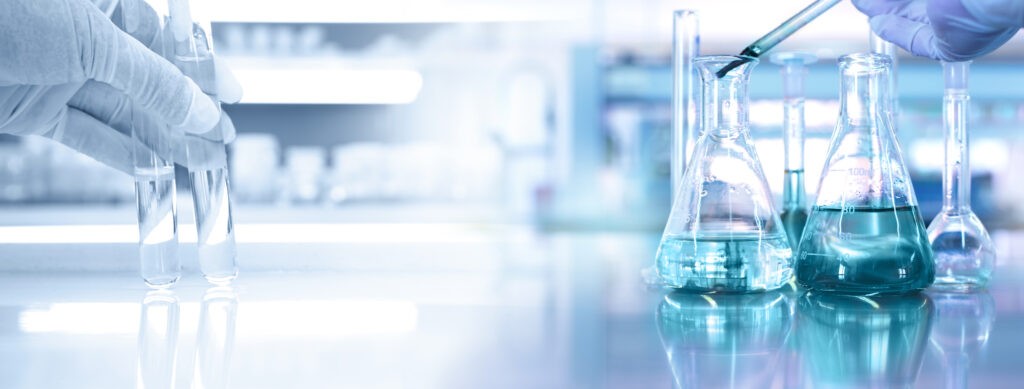
Food security and priority services
Matís plays an important role in ensuring the safety and wholesomeness of food and has been designated as a Reference Laboratory (TVR) in the following areas:
- Diagnosis and testing for human-to-animal diseases (suns) in the field Salmonella in food
- Monitoring of marine life
- Research on Listeria monocytogenes
- Studies on coagulase-positive cluster cocci, incl Stapylococcus aureus
- Studies in Escherichia coli, including verotoxin E. coli (VTEC) producing versocytotoxins
- Animal protein research in feed
- Pesticide residue studies
- Studies on heavy metals in feed and food
- Research on natural toxins (including fungal toxins)
- Research on substances formed during production
- Research on persistent organic pollutants in food and feed
In order for laboratories to be designated as TVR, they must have accreditation in the relevant research or testing field. TVR must be able to demonstrate that measurements in the relevant areas are carried out in accordance with international official and certified measurement methods. TVR is also committed to providing assistance and guidance to other laboratories for the specified measurements, whether the laboratories are private or public. Matís is required to participate in comparative tests organized by the European Union Reference Laboratories (EURL) together with annual meetings organized by EURL where the main innovations in measurement methods, impending changes in maximum values in the regulations in the field of each reference laboratory, etc. are reviewed. TVR is obliged to share this information with economic parties, i.e. to competent authorities in the field of food safety (Food Agency and the Ministry of Food as well as designated public laboratories.
Responsible parties have been appointed at Matís for all 11 areas in which Matís is nominated, and information and planning meetings have been held during the year with these responsible parties so that they are informed about their areas of responsibility and duties. An annual report for the year 2022 has also been compiled on the activities of reference laboratories for which Matís is designated (Matís report 08_23).
Matís' security and priority services include ensuring the authorities' access to security services at a qualified laboratory. In the event of a food hazard, it is thus possible to ensure a minimum response time to unexpected events that may threaten food safety and consumer health. Matís' security and priority service also ensures that the necessary equipment and expertise are available for Icelandic inspectors to carry out food inspection.
Matís all over the country
Matís plays an important role in value creation, public health and food security throughout the country in strong collaboration with a large group of partners.
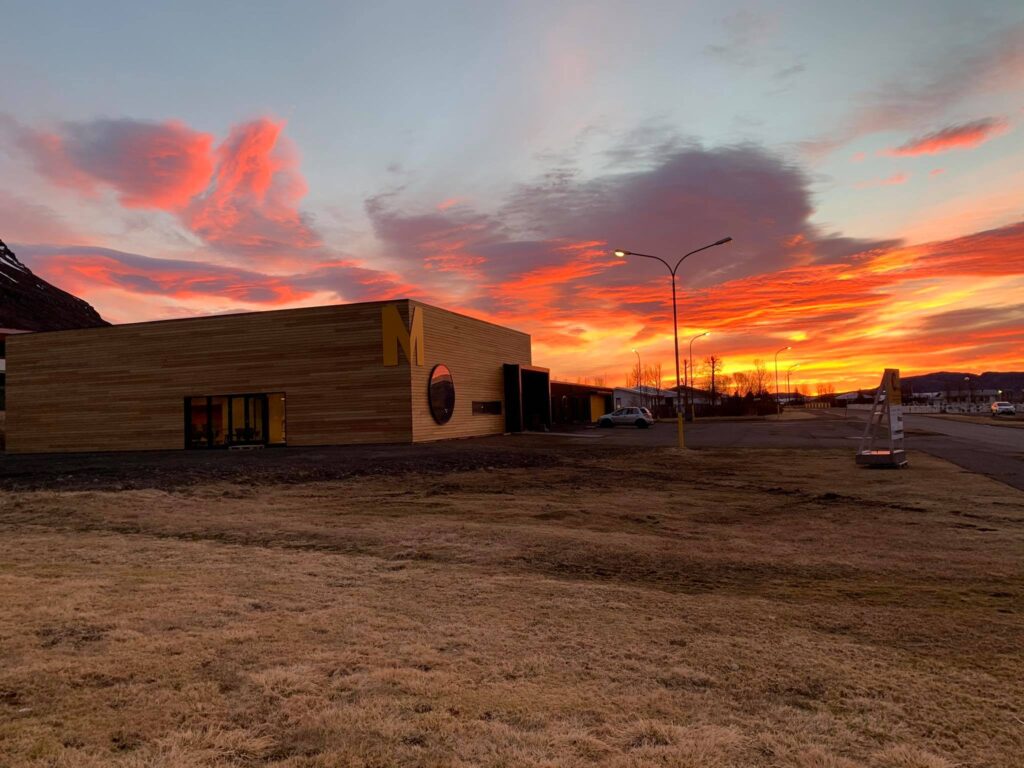
Matís plays an important role in value creation, public health and food security throughout the country in strong collaboration with a large group of partners. Almost every single Matís research and innovation project is carried out either in direct collaboration with parties outside the capital area or in other ways contributes to development and value creation in the countryside.
There are six Matís establishments, in Reykjavík, Hvanneyri, Akureyri, Ísafjörður, Neskaupstaður and Westman Islands. There was no permanent employee in Vestmannaeyjar during the year, but Matís has a good cooperation with companies in the region and the aim is to hire an employee for the establishment. In the spring of 2022, there were two employees of Matís á Hvanneyri and they moved from the University of Agriculture's facilities to Bændahöll Vesturland.
Emphasis on Matís' offices
The main purpose of establishments in the countryside is to strengthen the relationship with the economy and business partners. Emphasis has been placed on agriculture-related research in Hvanneyri, fish farming in the Westfjords, processing technology and log fishing in the North, and pelagic fishing/processing in the East. Matís' staff has facilities in Vestmannaeyjar to ensure cooperation with companies and bring about the development that takes place in the area.
Westfjords:
Breeding center
- Farming techniques: feed production, feeding, product processing, tributaries, environmental issues.
- Fire information gathering; environment, employment, regional affairs, value creation.
- University, education and training center.
North:
Processing technology platform
- Processing technology and biotechnology in food processing with an emphasis on catfish and agricultural products.
- Information technology, data processing, automation and the exploitation of opportunities in the fourth industrial revolution.
- Technology platform for development and innovation in food production.
East:
Pelagic processing and raw material flows
- Biomass center, development center for pelagic fish and tributaries of marine products.
- Measurement service.
- Product development - feed, food, nutrients, biotechnology, process analysis.
- Data collection - modeling. Basis for the solutions of the fourth industrial revolution.
- University, education and training center.
Where:
Agriculture
- Livestock products, agricultural products, side streams, product development
- Internal control, quality issues and consumers
- Natural resources, knowledge and human resources
- Lessons at LBHÍ, HÍ and GRÓ FTP
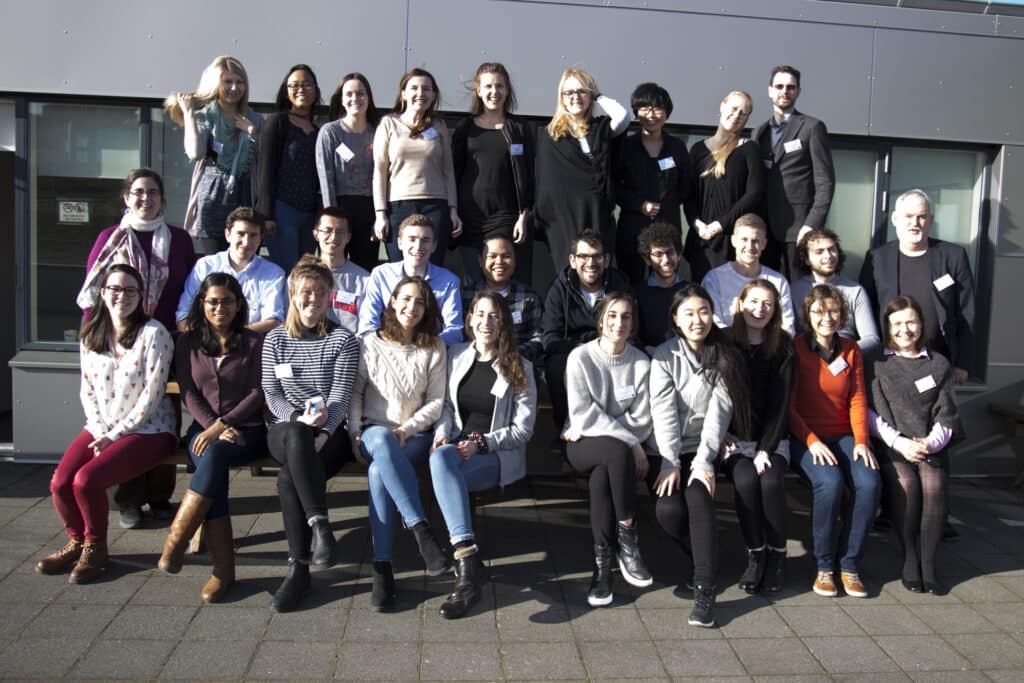
Research collaboration with educational institutions
Matís is an important bridge between science and food by connecting the projects of university students with the needs of businesses and society.
Matís' cooperation with educational institutions and companies results in targeted training of new recruits in research, quality matters and innovation that is customized for the food sector. Conversation and collaboration with all economic partners on priorities and projects ensures that the projects and student experience results in food safety, progress and value.
There are special cooperation agreements with the University of Iceland (HÍ) and Matís and the University of Akureyri (HA). Matís and HÍ have six joint employees and one with HA. Matís rents facilities to the University of Iceland for teaching in the master's program in food science. Experts at Matís managed and taught courses on food safety, food microbiology, quality management and sensory evaluation of foods at the University of Iceland, as well as teaching in other courses at HÍ, HA and LBHÍ.
A considerable number of students in research-based studies work on their final projects in collaboration with Matís. Most of them go to work for companies after completing their studies, for example as quality managers or innovation and development managers. Ten BA students at the University of Akureyri completed their final projects under the guidance of experts from Matís in 2022. One student at the University of Iceland completed a master's program and five completed a doctoral program in 2022. Five students at the University of Iceland completed a doctoral program in collaboration with Matís in biotechnology, industrial engineering, food science and microbiology. One student worked on his doctoral studies with Matís on the creation of models to assess the impact of social factors on fishing (University of Utrecht).
Every year, many foreign students come to Matís, and the company has thus gained cooperation connections all over the world. These are interns at master's level who come for six months at a time, and master's and doctoral students who come mainly from European countries. In 2022, 32 interns came here from nine countries, Great Britain, Denmark, France, Greece, India, Italy, Spain,
Czech Republic and Germany
A strong research and innovation core for projects in the fishing industry is working in collaboration with the University of Iceland, the University of Akureyri and fish processing companies. Among others, two postdoctoral fellows from the University of Iceland and two doctoral students in food science worked in it. The focus is on the redesign of fishmeal processing processes in order to produce protein and fish oil for human consumption, and on examining the storability of mackerel fillets under different conditions with regard to further processing into smoked and canned products.
In addition, two others defended their doctoral theses during the year. Their projects included, among other things, the utilization of side streams from the processing of pelagic fish by examining the environmental impact, new and sustainable protein production in food and feed, and innovation in the demersal fish value chain with a focus on improving processing processes on board ice fishing trawlers to maximize the quality of raw materials.
Matís Biotechnology Group worked on a number of projects in collaboration with universities and companies. These include projects related to marine biotechnology and the utilization of by-products from grain processing. Matís continued to promote innovation by assisting companies in Iceland with the development of the biotechnology industry. Three doctoral students worked on their research in biotechnology during the year. The projects revolve around the development of thermophilic cell factories for the production of valuable chemicals and biofuels from seaweed sugars, and about the effect of polysaccharides from marine products on immune reactions. One PhD student was in a project on the development of little-known bacteria as cell factories with a focus on metabolic modeling and chemical engineering for Rhodothermus marinus and Lactobacillus reuteri graduated.
Research on the diversity of microorganisms and their effects in different ecosystems continued in collaboration with the University of Iceland, other educational institutions, institutions and companies. Among other things, these studies have increased our knowledge of the role of microorganisms in relation to food safety. Emphasis was placed on the utilization and symbiosis of microbes in people's daily lives with an interdisciplinary approach to give a new perspective on health and the interaction between humans and microbes with their environment towards a more sustainable future. One PhD student who researched underground microbial communities in basalt on the volcanic island of Surtsey graduated.
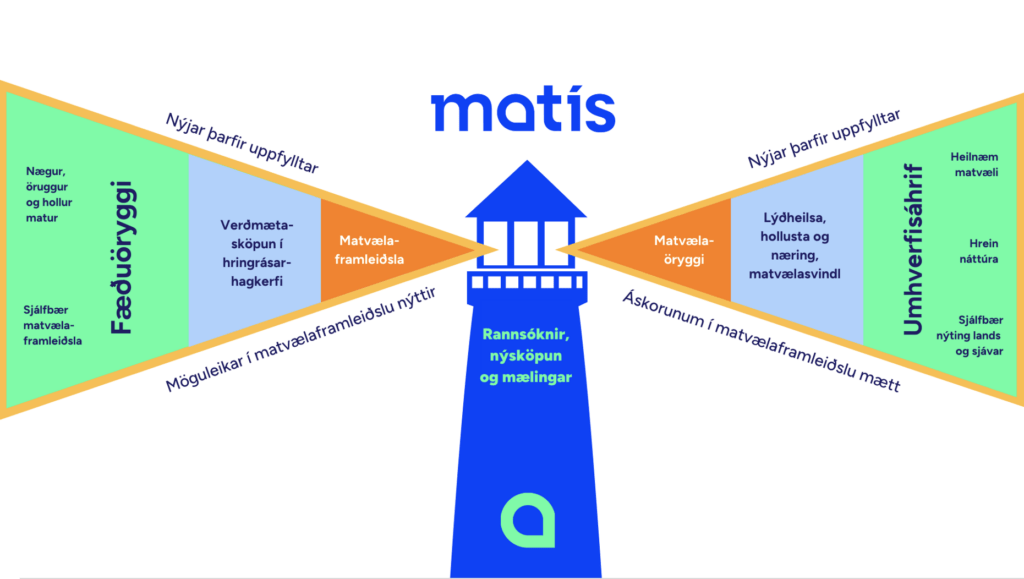
Strategic planning
Matís worked to formulate research focuses for the future in cooperation with the board and MAR. Matís research focus for the future is based on Matís projects on value addition in the food industry, biotechnology, food safety and public health.
Matís worked on formulating research focuses for the future in collaboration with the board and MAR. Matís research focus for the future is based on Matís projects on value addition in the food industry, biotechnology, food safety and public health. They are based on the Act on the role of Matís, food policy and other related policies of the government in fisheries and agriculture. They also take into account the United Nations Global Goals from 2017 on sustainable development. Matís is a bridge between business and universities and invests in knowledge, skills and infrastructure for research and innovation in food production and biotechnology in collaboration with companies and universities
Matís meets challenges and takes advantage of opportunities to increase value in food production in a sustainable way in a circular economy. The focus is on sustainable, holistic and
multidisciplinary solutions.
Matís' research focuses for the future are four:
- Food security and sustainable food production
- Maximizing value in the use of biological resources
- and raw materials
- Safe and wholesome foods
- Development of solutions to meet environmental impacts
Along with the constant updating of the existing infrastructure and expertise, Matís needs to build new infrastructure and knowledge to work on future priorities. The construction and operation of a bioresource and food processing plant requires both new equipment and personnel with industrial knowledge and engineer training. Aquaculture needs a feed specialist. The field of food safety and wholesomeness needs equipment upgrades for chemical, microbiological and genetic analysis and an expert in microplastics. Analyzing and processing large datasets and databases requires new programs and tools and experts in data processing and bioinformatics. Regarding technological innovations in innovation, the associated equipment and experts in processing properties of food and in stem cell culture are needed.
